2-Day Family Adventure: Kuala Lumpur Nightlife & Relaxation Trip
Kuala Lumpur, Malaysia
2 days

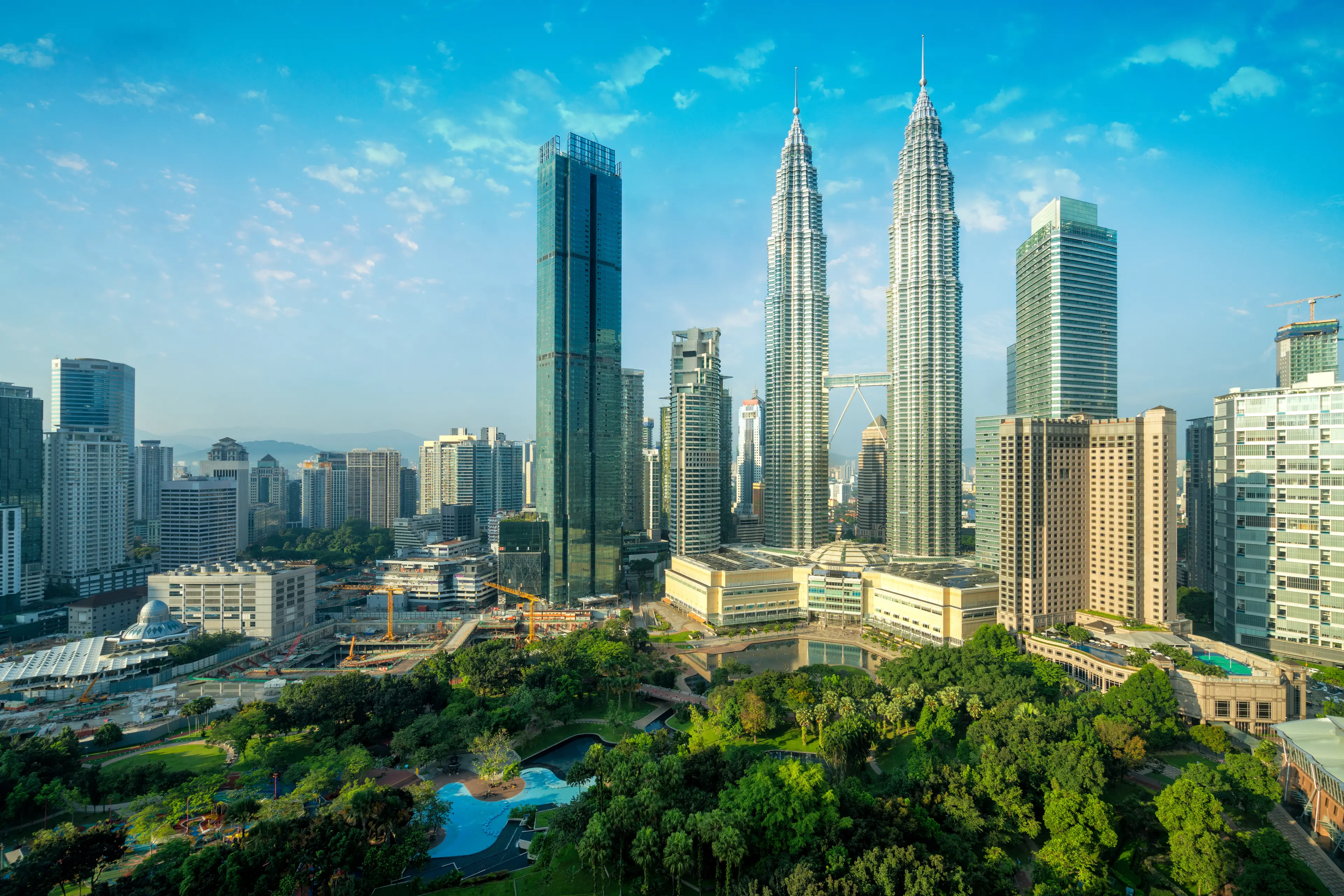
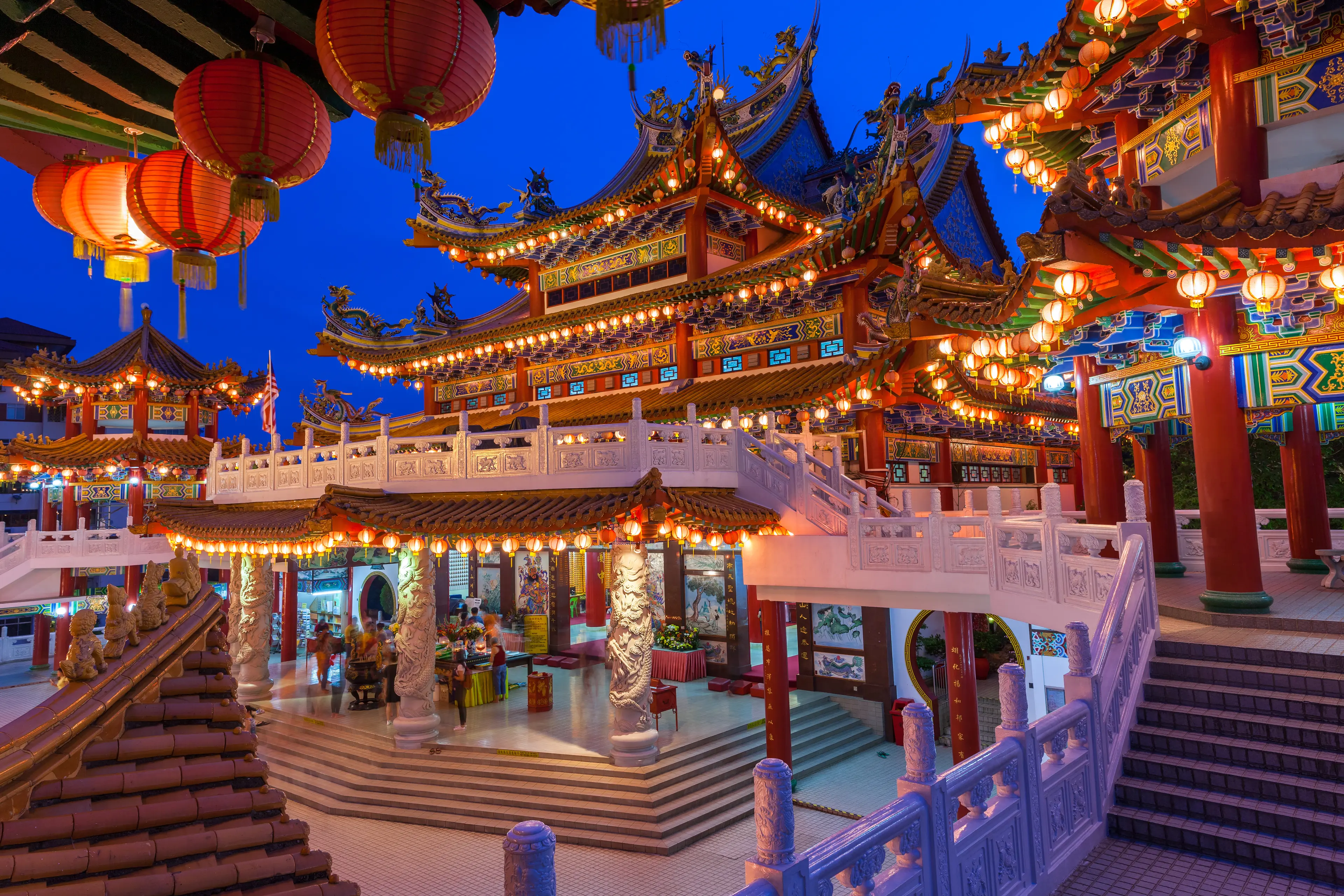
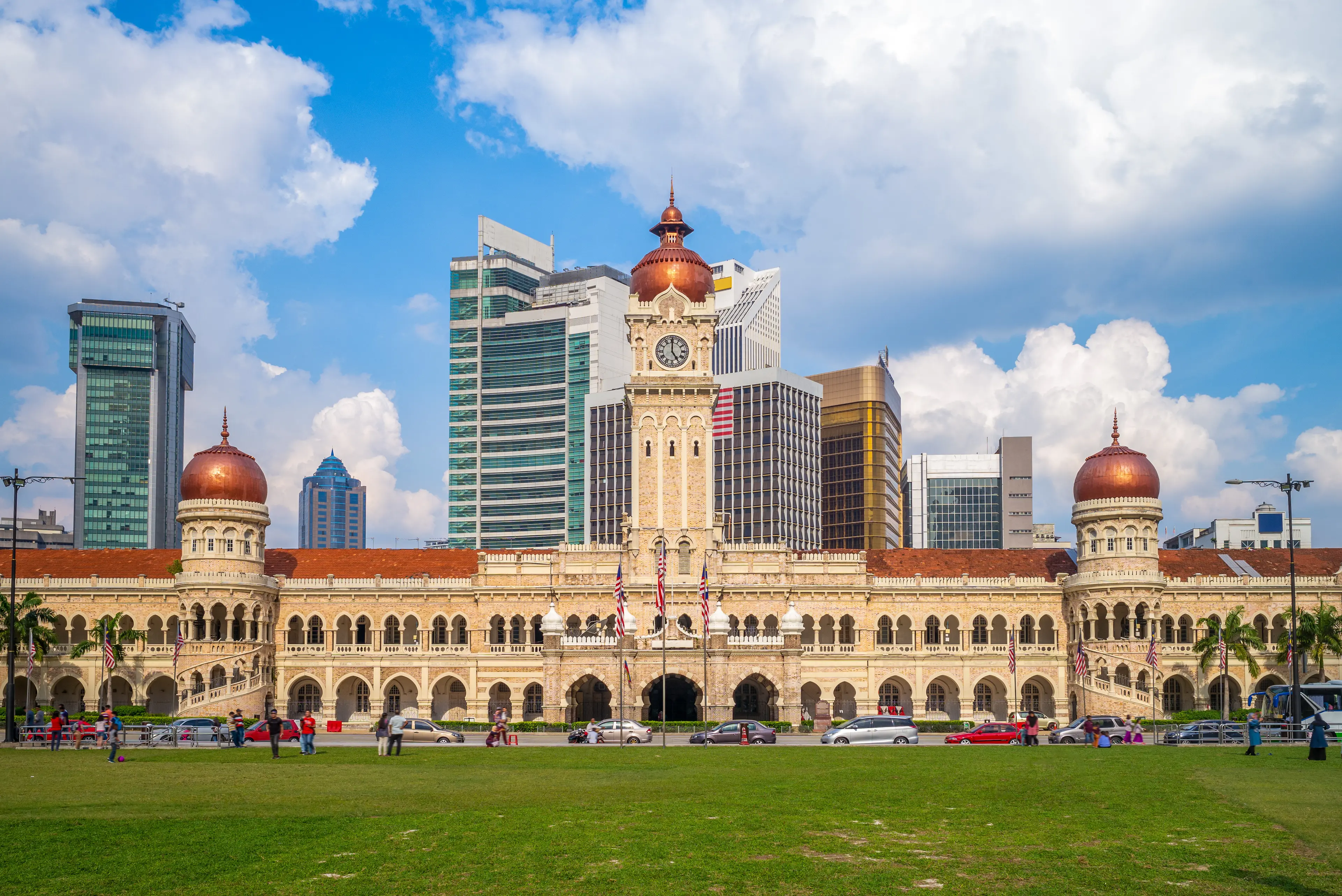
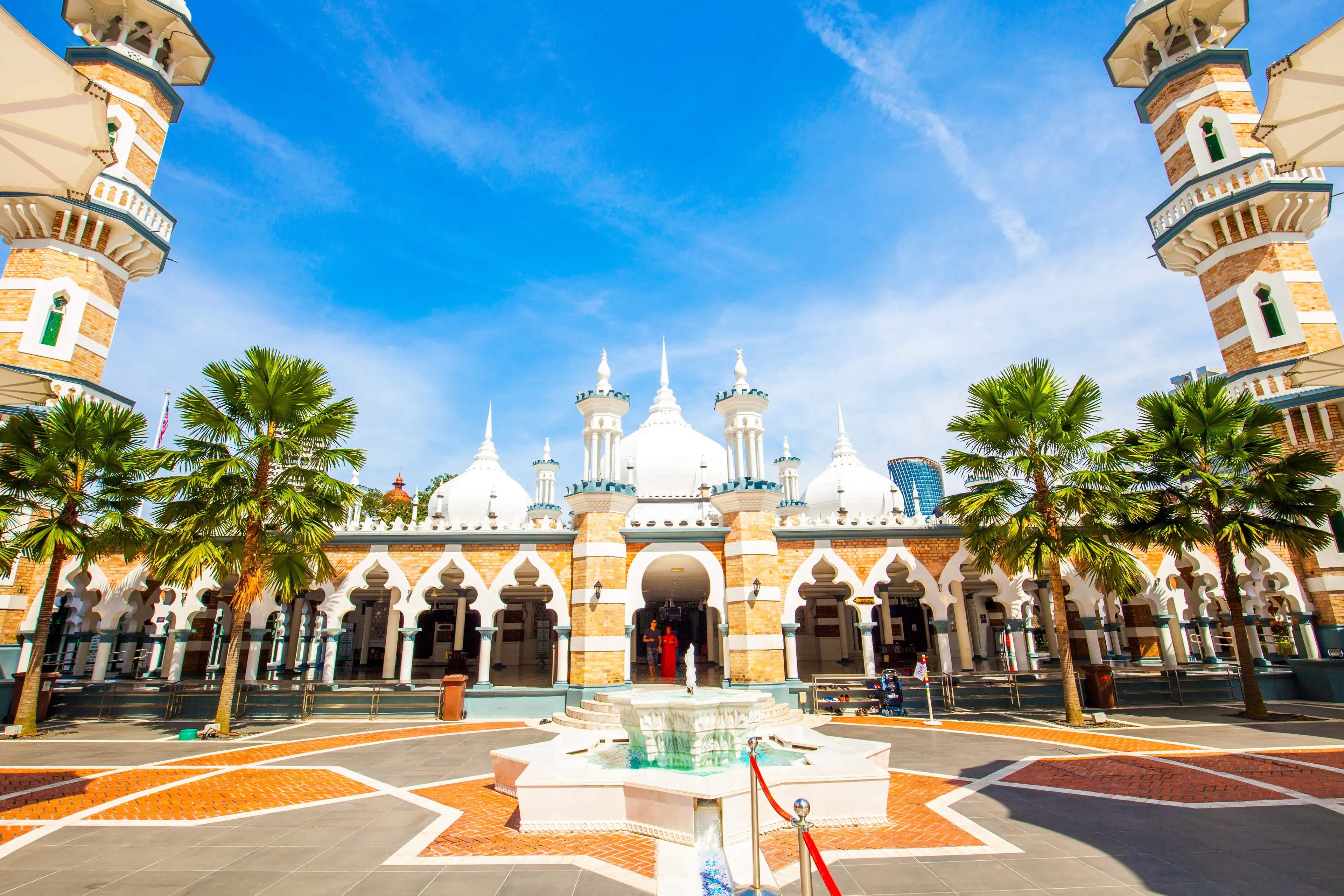
About Kuala Lumpur, Malaysia
Experience the vibrant cultural blend of Kuala Lumpur, Malaysia's bustling capital. Marvel at the iconic Petronas Twin Towers, explore the lush greenery of Lake Gardens, and immerse yourself in history at the Sultan Abdul Samad Building. Dive into the bustling street markets of Chinatown and indulge in a culinary adventure with a diverse mix of Malay, Chinese, and Indian cuisines. Visit the Batu Caves, a sacred Hindu site, or relax in the tranquil surroundings of the National Mosque. Whether you're a history buff, a foodie, or an adventure seeker, Kuala Lumpur offers a unique blend of modernity and tradition that caters to all.
2-Day Itinerary
Day 2
Visiting the Batu Caves and Aquaria KLCC
Morning
Start your second day with a visit to the Batu Caves, a series of cave temples and a popular tourist attraction. Don't forget to take pictures of the giant golden statue at the entrance.
Lunch
Have lunch at a local restaurant. Try the Roti Canai, a type of Indian-influenced flatbread, served with a variety of curries.
Afternoon
Spend the afternoon at the Aquaria KLCC, an oceanarium showcasing over 5000 exhibits of aquatic and land-bound creatures. It's a fun and educational experience for the whole family.
Dinner
Enjoy a dinner at a restaurant offering a variety of local and international cuisines. Try the Char Kway Teow, a popular noodle dish in Malaysia.
Evening
End your trip with a visit to the Kuala Lumpur Tower's observation deck. Enjoy the breathtaking night view of the city. It's a perfect way to wrap up your Kuala Lumpur experience.
Attractions in Itinerary (6)
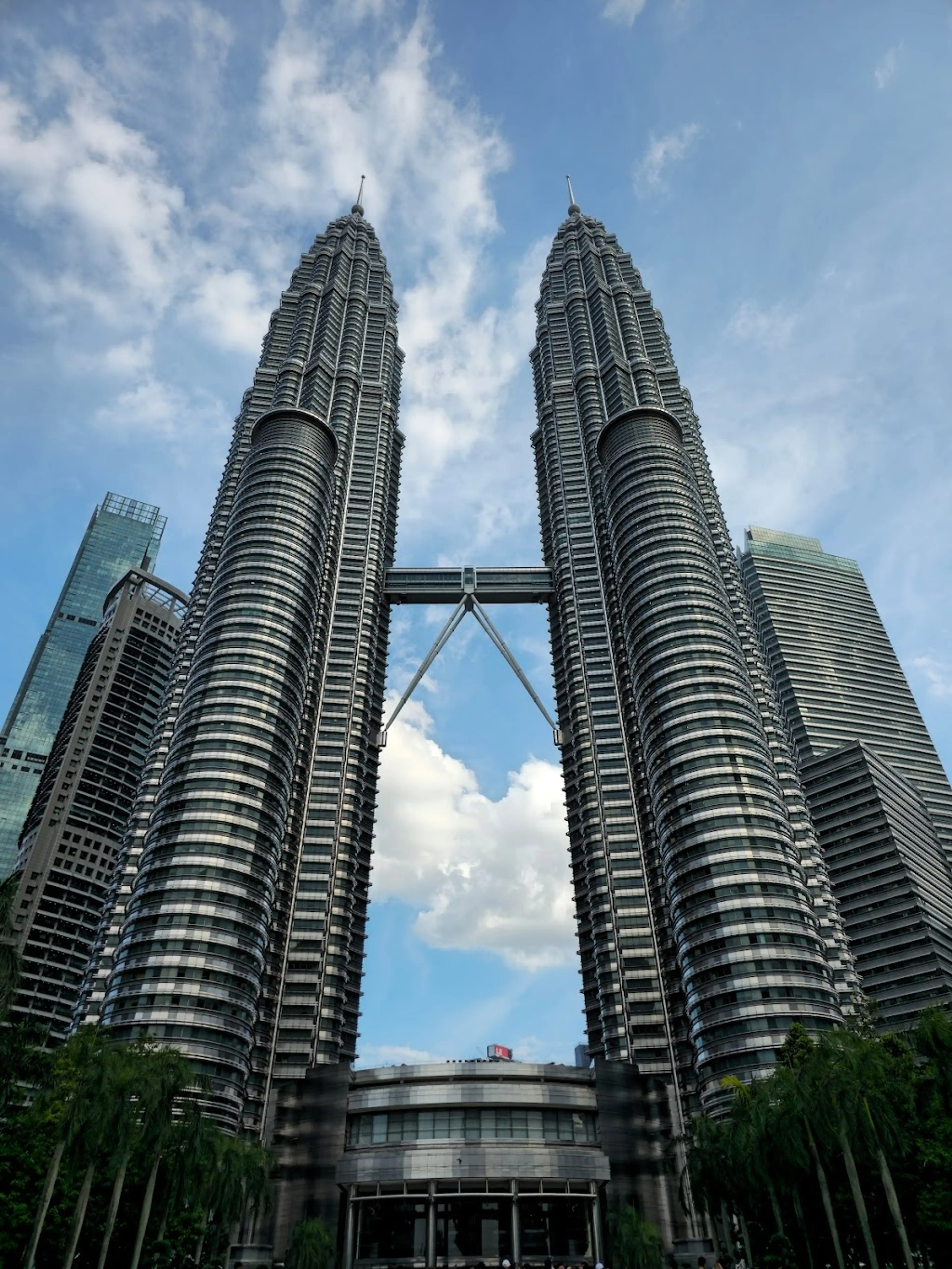
1Petronas Twin Towers
The Petronas Twin Towers, located in the heart of Kuala Lumpur, are the tallest twin towers in the world. They offer a skybridge and observation deck for stunning city views.
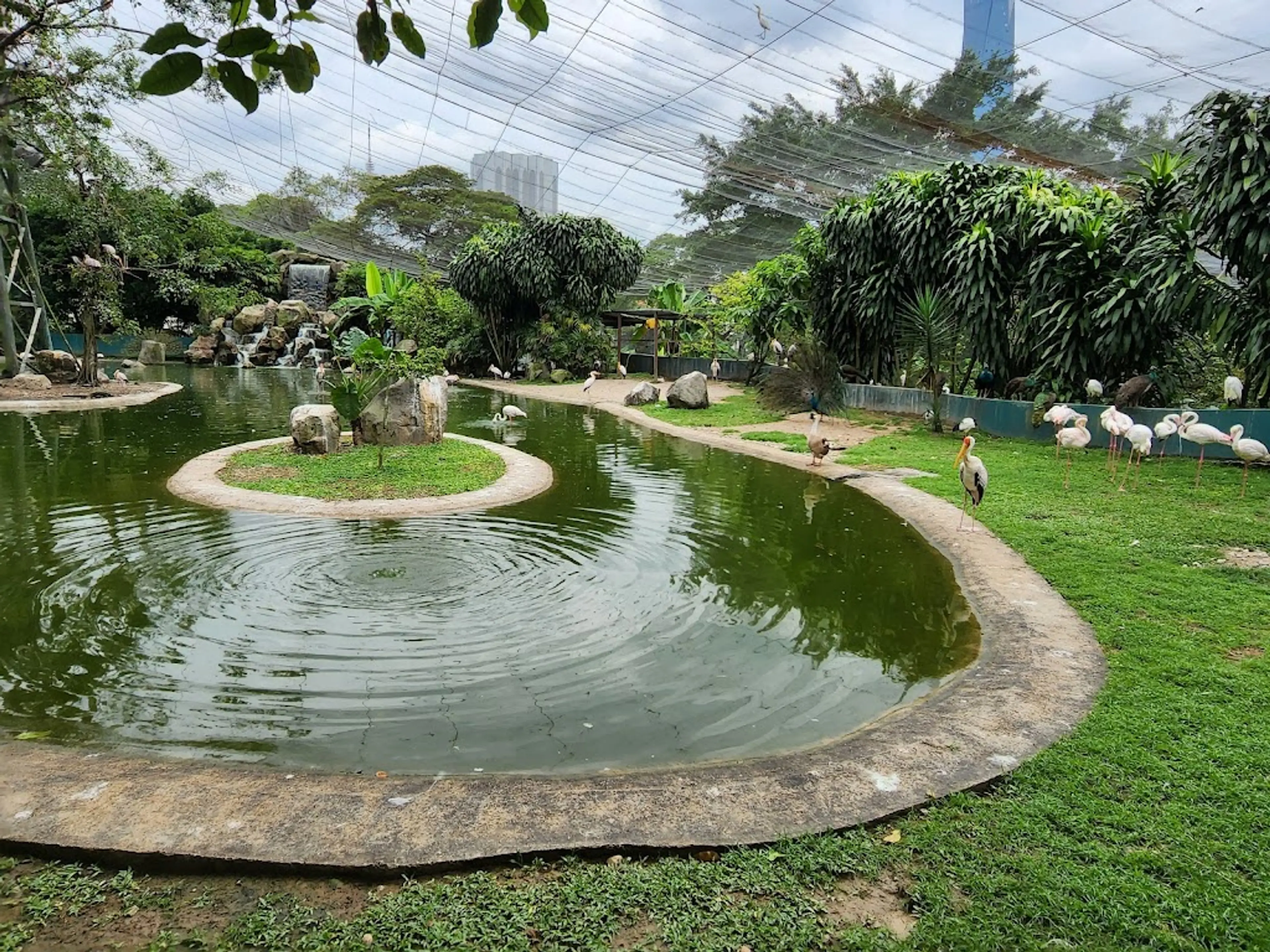
2Kuala Lumpur Bird Park
One of the world's largest covered bird parks. It is home to more than 3000 birds from 200 species all over the world.
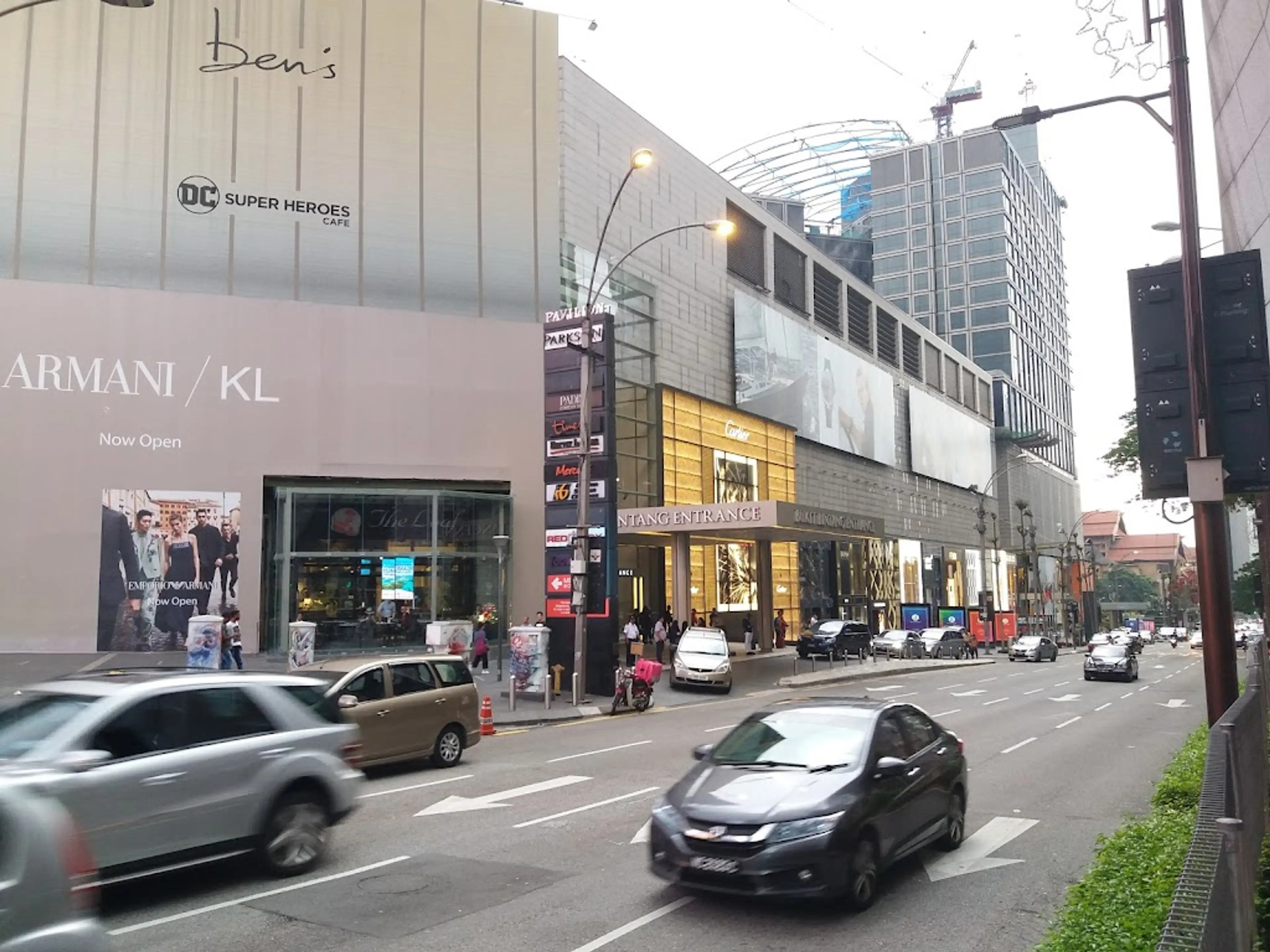
3Bukit Bintang
Known as the shopping and entertainment hub of Kuala Lumpur, Bukit Bintang offers a mix of high-end malls, specialty shops, and night markets. It's also home to trendy nightclubs, pubs, and themed venues.
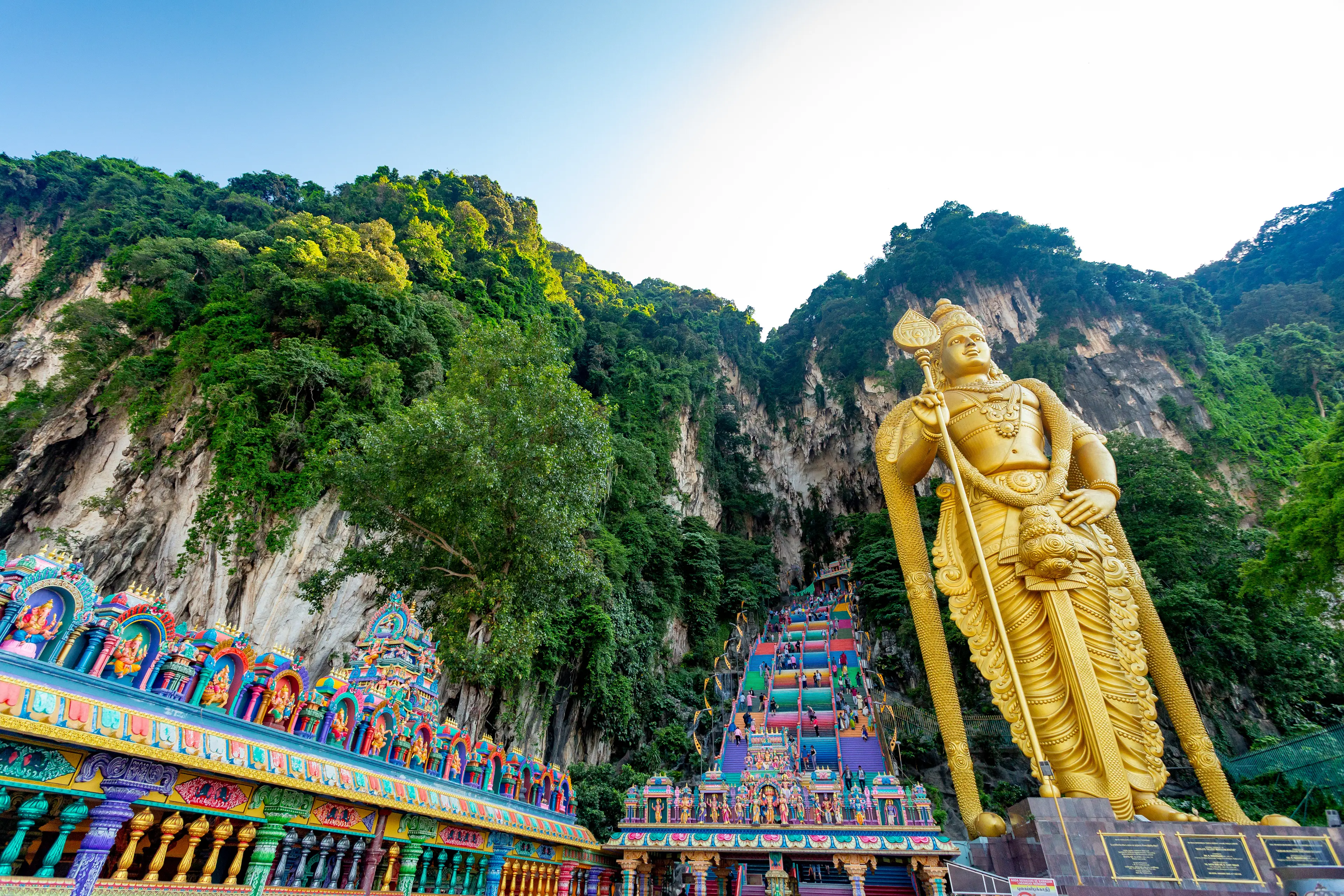
4Batu Caves
Batu Caves is a limestone hill that has a series of caves and cave temples. It's one of the most popular Hindu shrines outside India, dedicated to Lord Murugan.
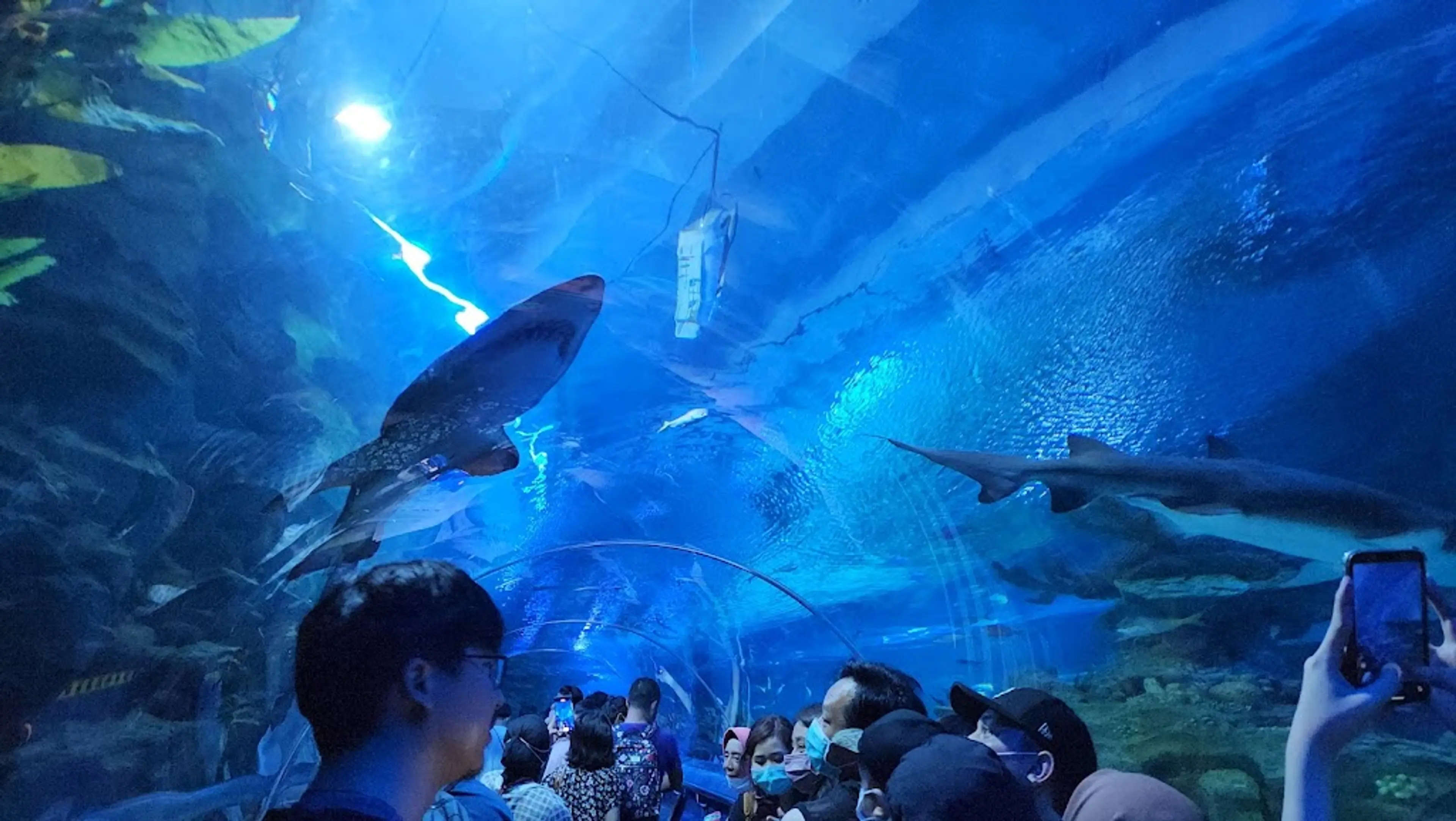
5Aquaria KLCC
Aquaria KLCC is a state-of-the-art oceanarium showcasing over 5000 exhibits of aquatic and land-bound creatures over a sprawling 60,000 square-foot space in the Concourse Level of the Kuala Lumpur Convention Centre.
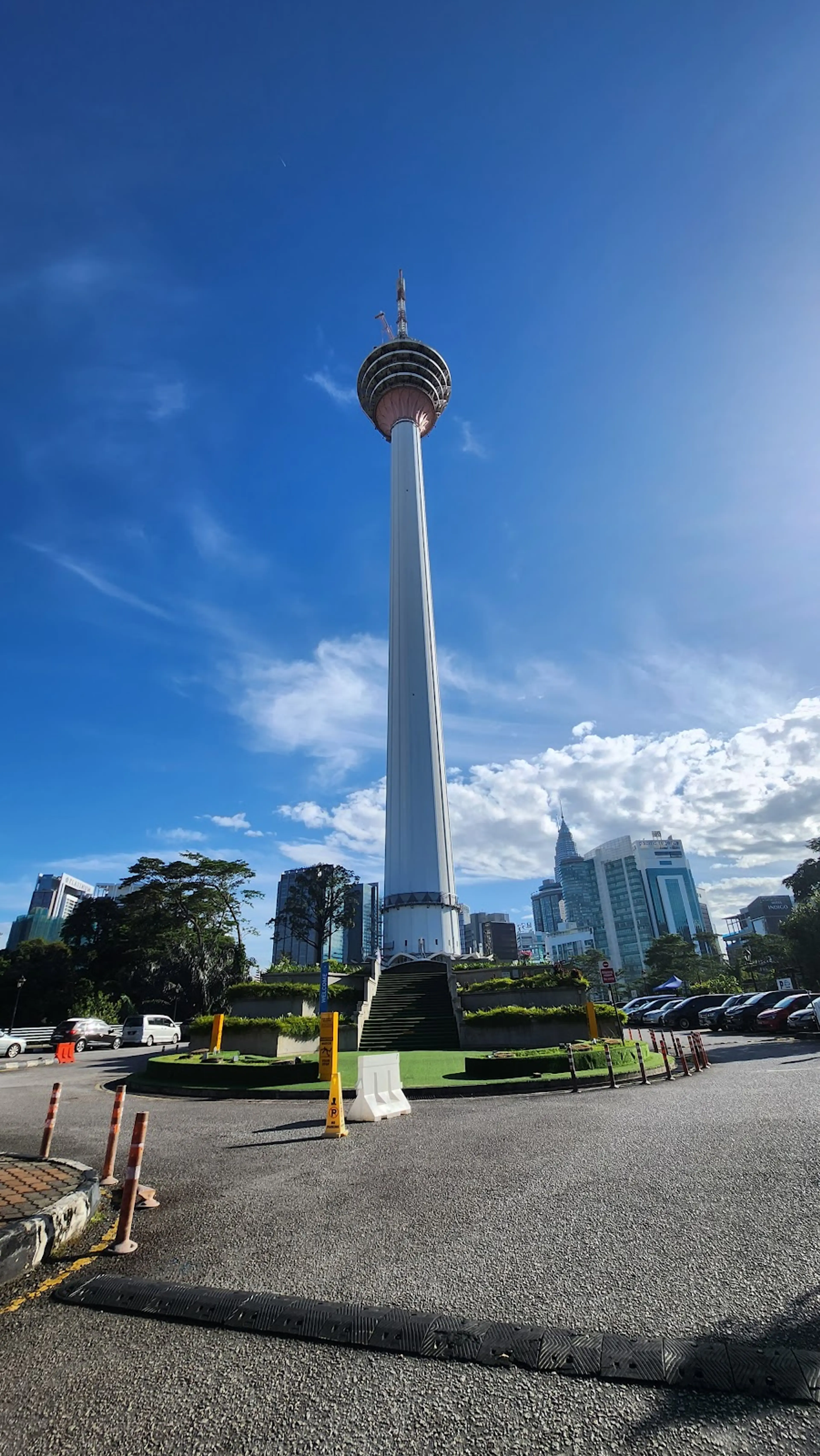
6Kuala Lumpur Tower
The Kuala Lumpur Tower is a communications tower that also features an observation deck with panoramic views of the city. It's the 7th tallest freestanding tower in the world.
Local Food and Drinks (12)
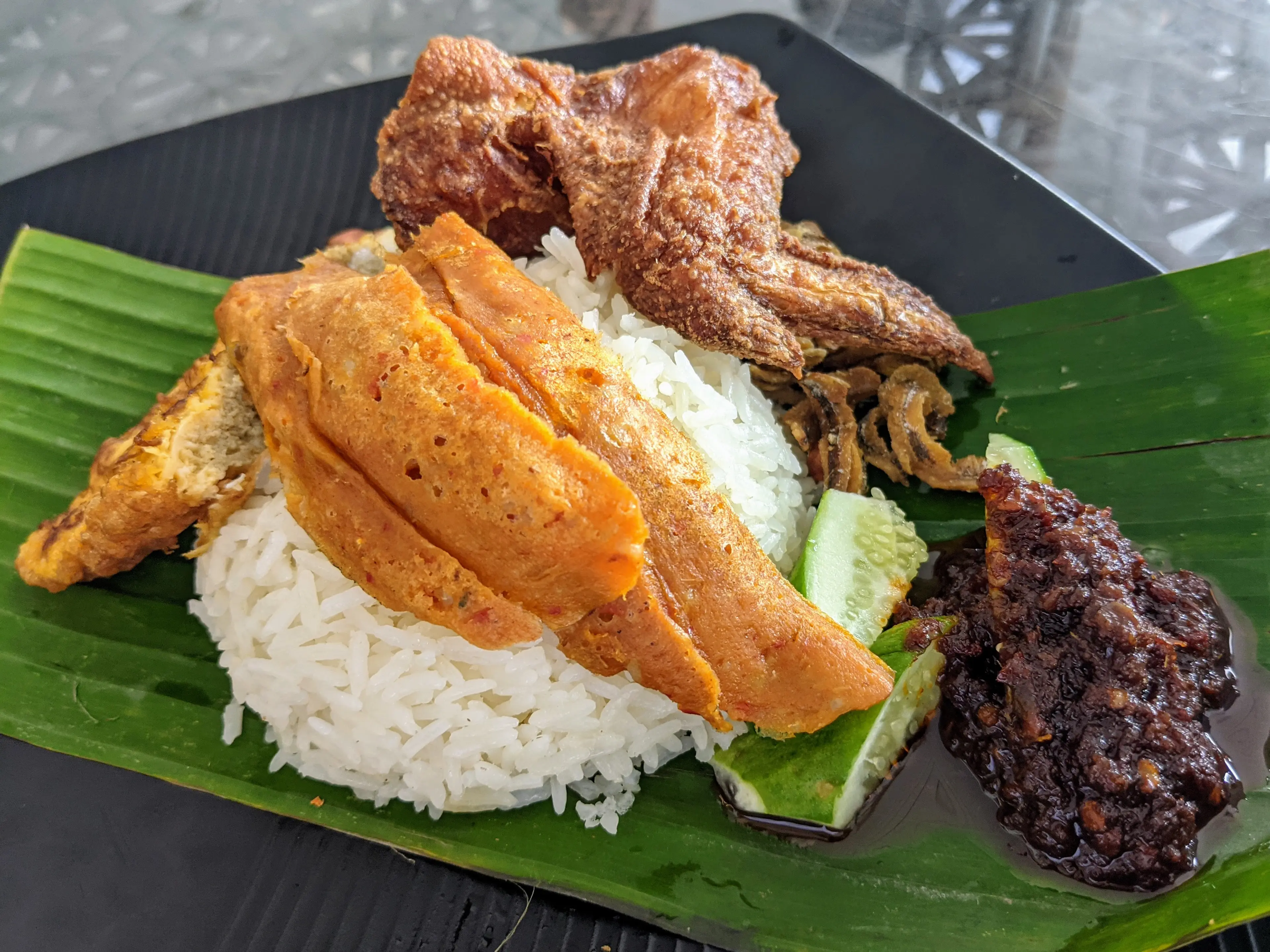
Nasi Lemak
Considered the national dish of Malaysia. It consists of fragrant rice cooked in coconut milk and pandan leaf, served with a variety of side dishes such as hard-boiled egg, cucumber slices, tiny fried anchovies, peanuts, and a spicy chili paste known as sambal.
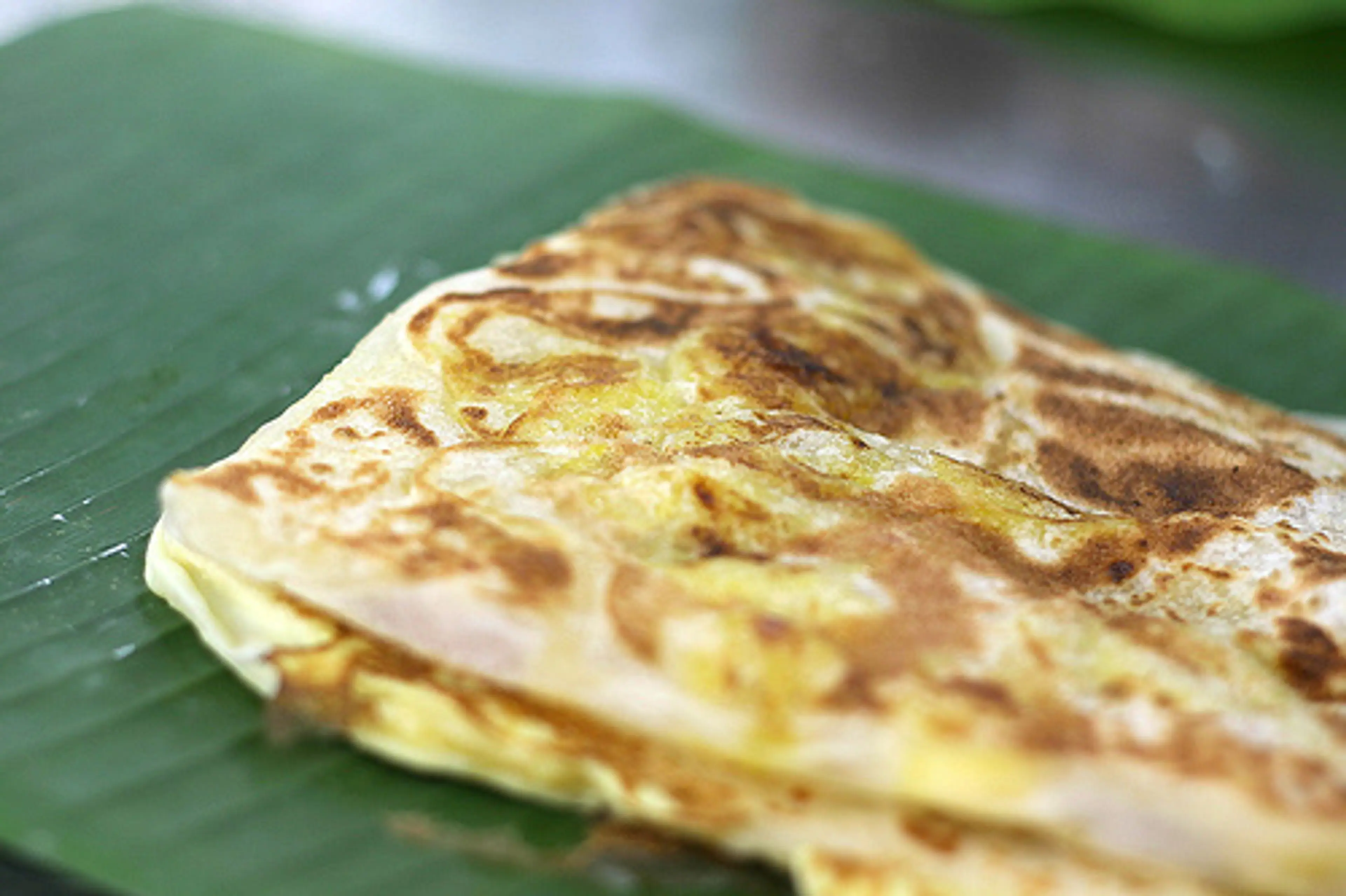
Roti Canai
A type of Indian-influenced flatbread that's popular in Malaysia. It's often served with dhal (lentil curry) or other types of curry for dipping.
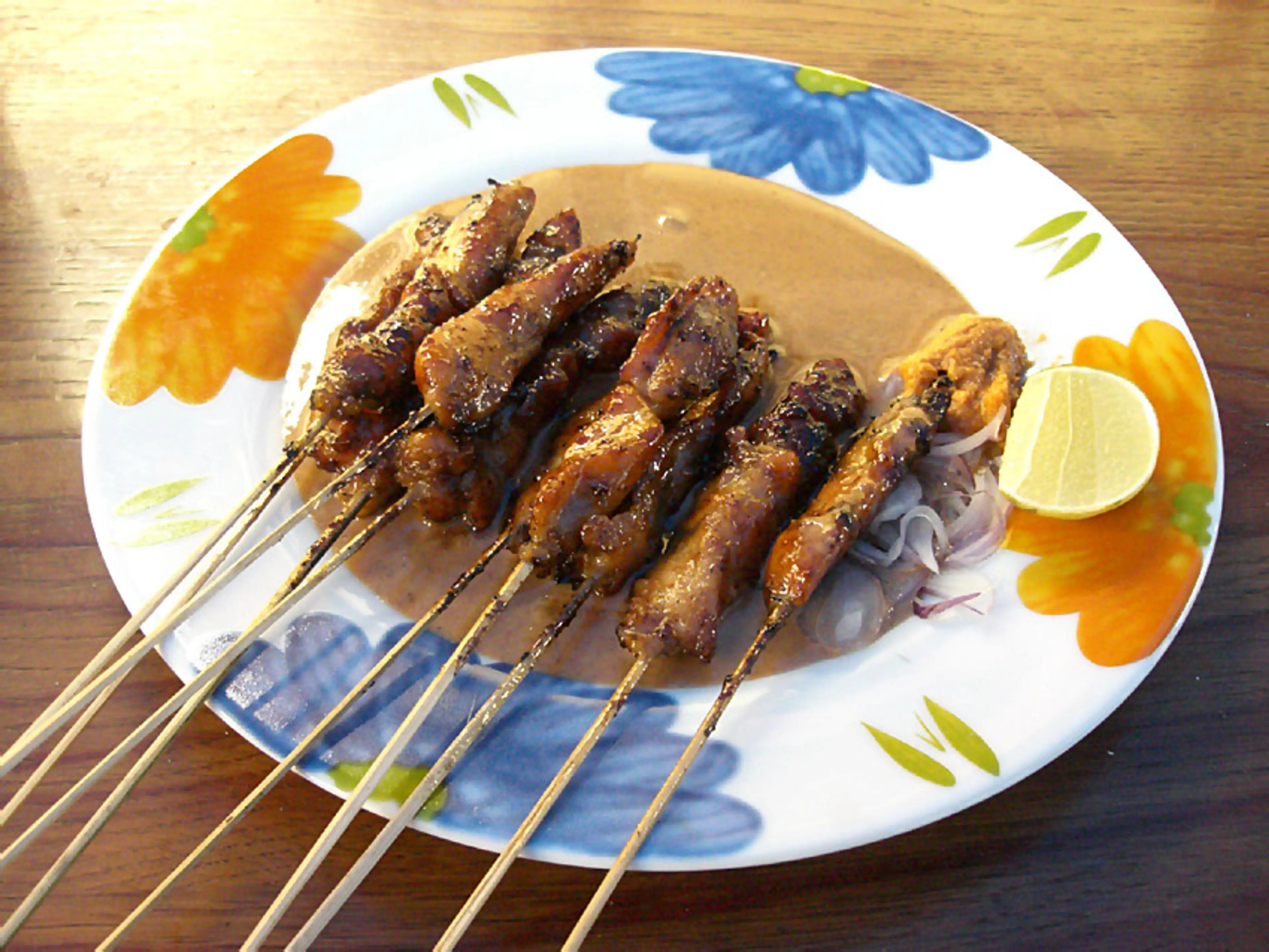
Satay
A popular Malay dish of skewered and grilled meat, served with a peanut sauce. It's a common street food in Kuala Lumpur.
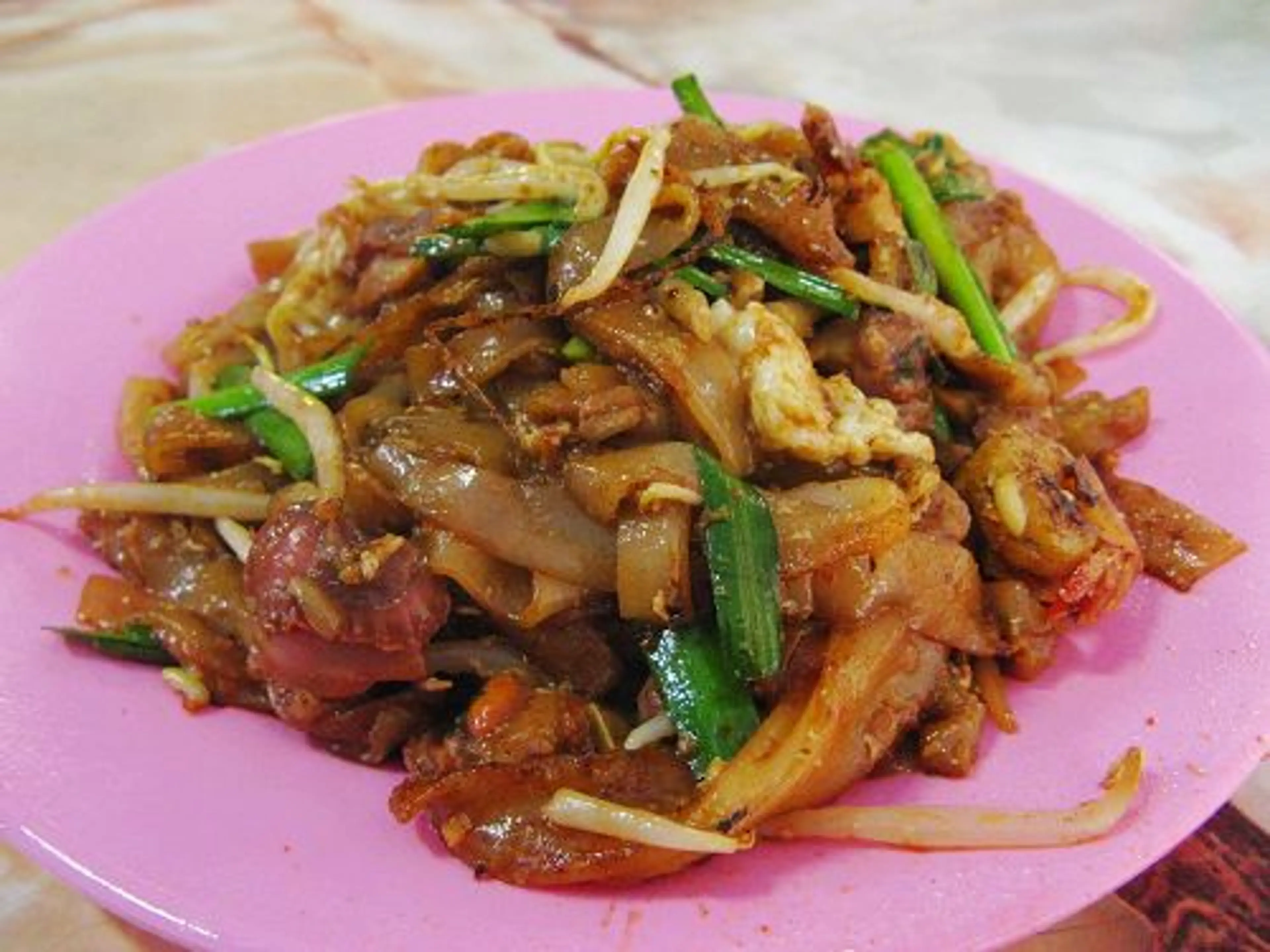
Char Kway Teow
A popular noodle dish in Malaysia. It's made from flat rice noodles stir-fried with soy sauce, chili, prawns, cockles, bean sprouts, and Chinese chives.
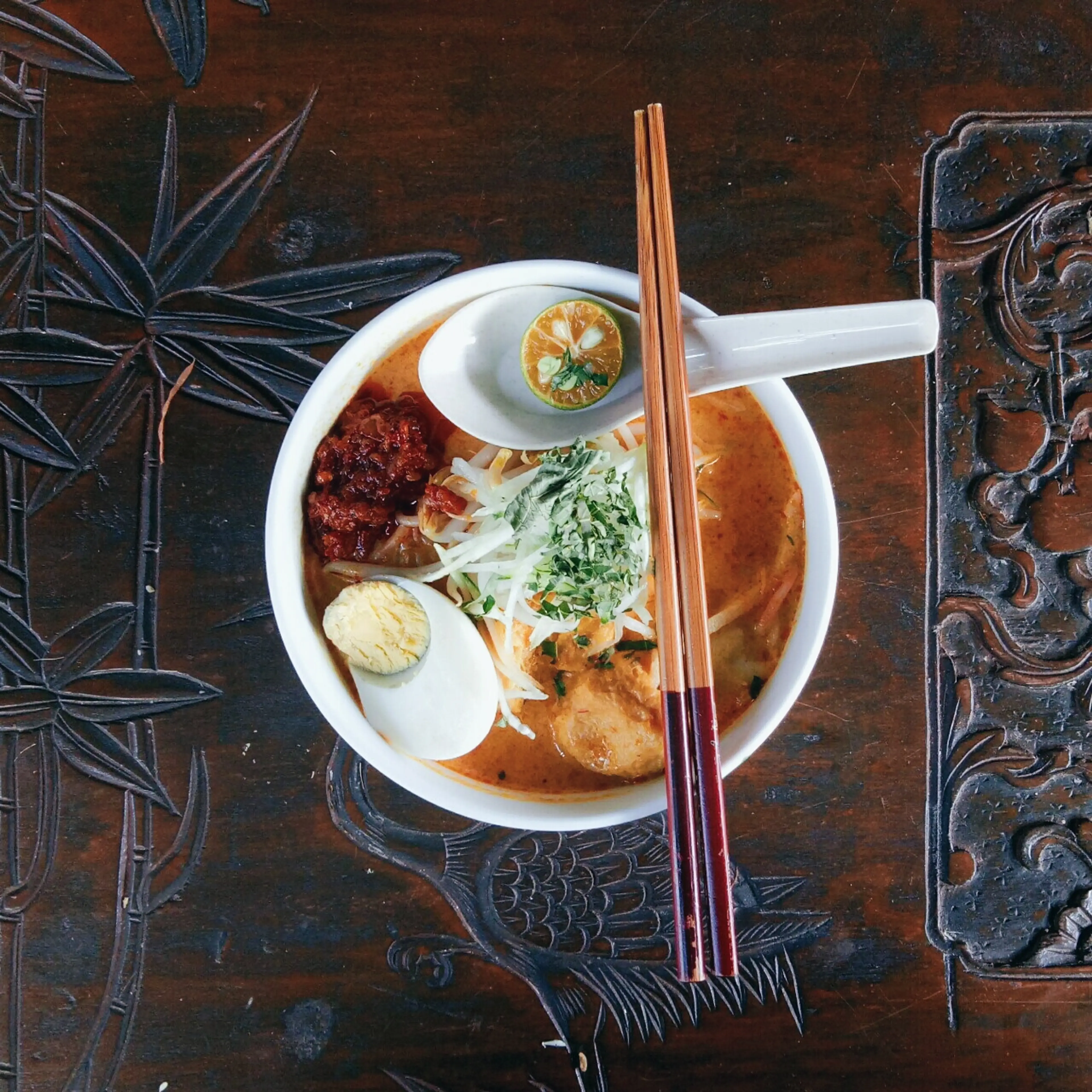
Laksa
A spicy noodle soup that's a fusion of Malay and Chinese cuisine. There are several types, but the most popular in Kuala Lumpur is the curry laksa, which has a coconut milk base.
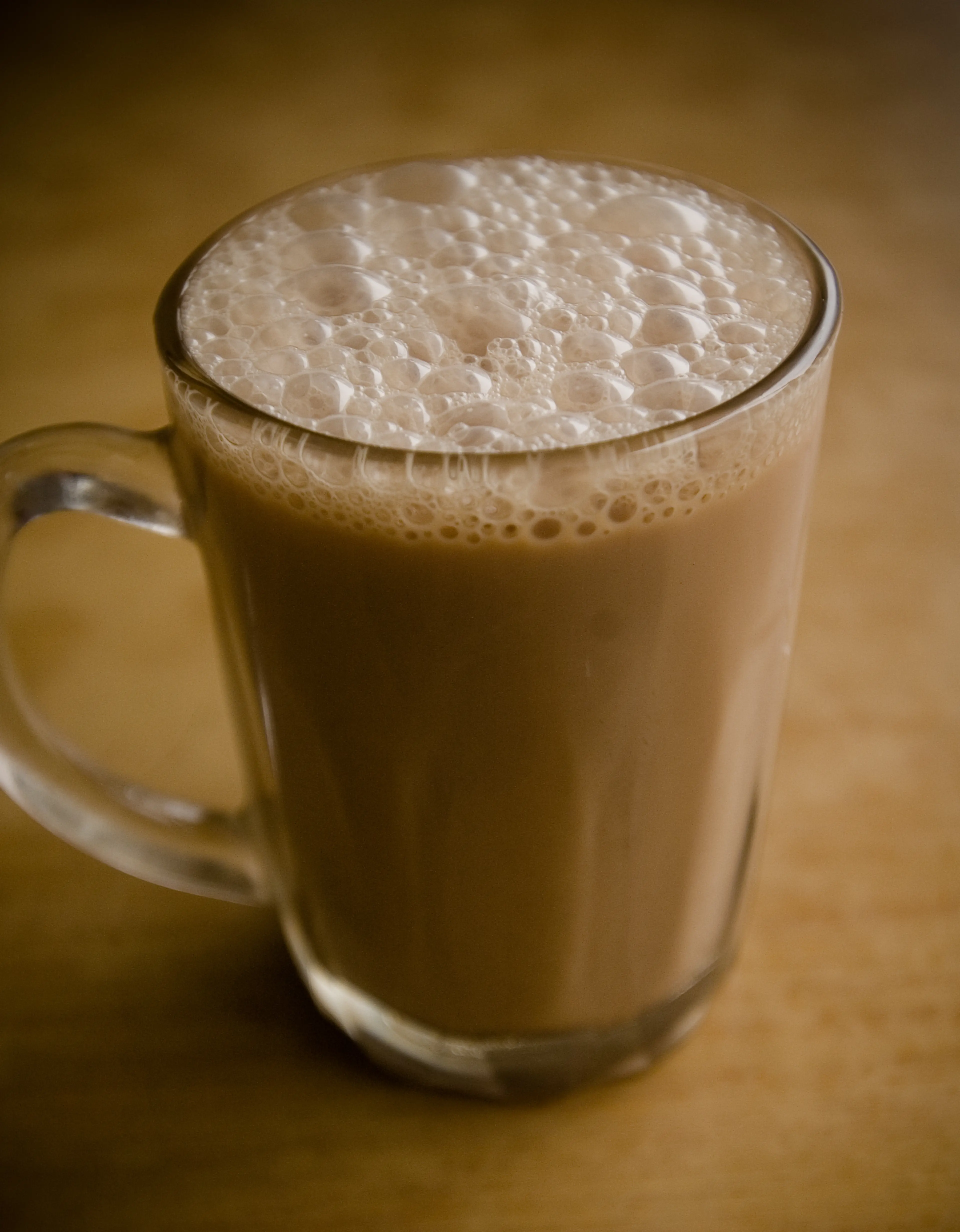
Teh Tarik
A hot milk tea beverage which can be commonly found in restaurants, outdoor stalls and kopi tiams. Its name is derived from the pouring process of 'pulling' the drink during preparation.

Durian
Known as the 'King of Fruits', Durian is a must-try for adventurous food lovers. It's known for its strong smell, large size, and thorn-covered husk.
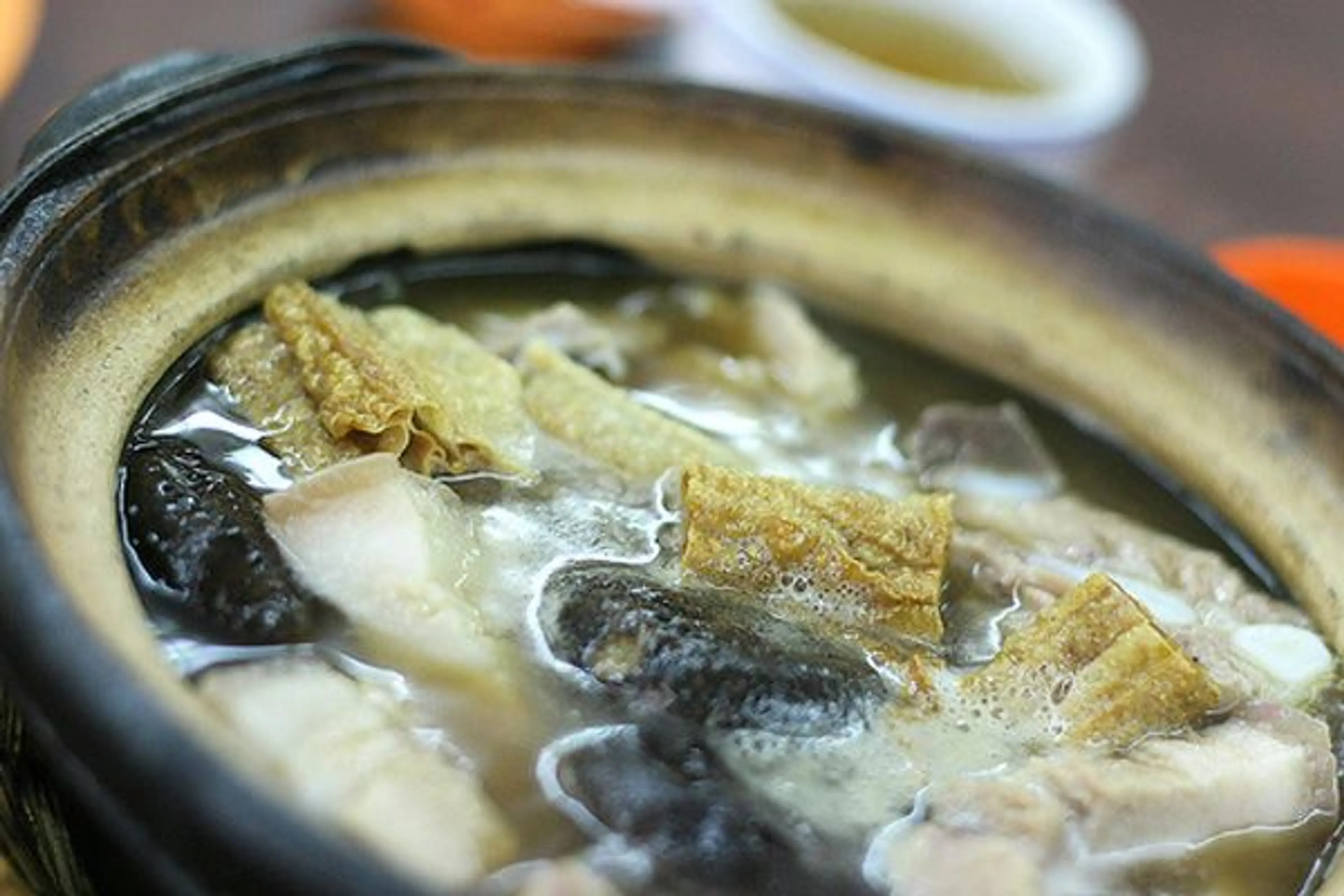
Bak Kut Teh
A pork rib dish cooked in broth popularly served in Malaysia where there is a predominant Hoklo and Teochew community.
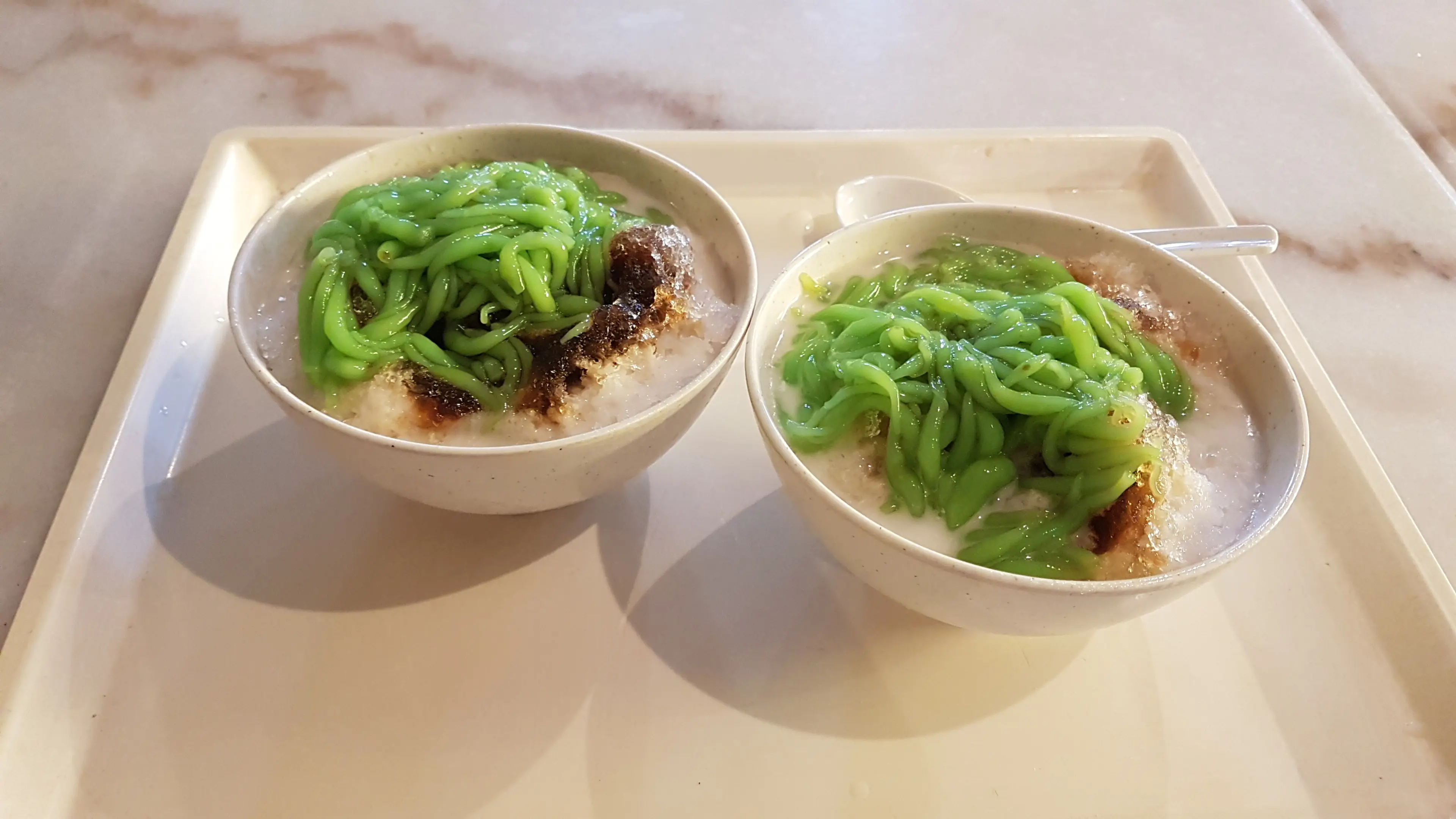
Cendol
A traditional dessert that consists of shaved ice, coconut milk, green starched noodles with pandan flavoring, and palm sugar syrup.
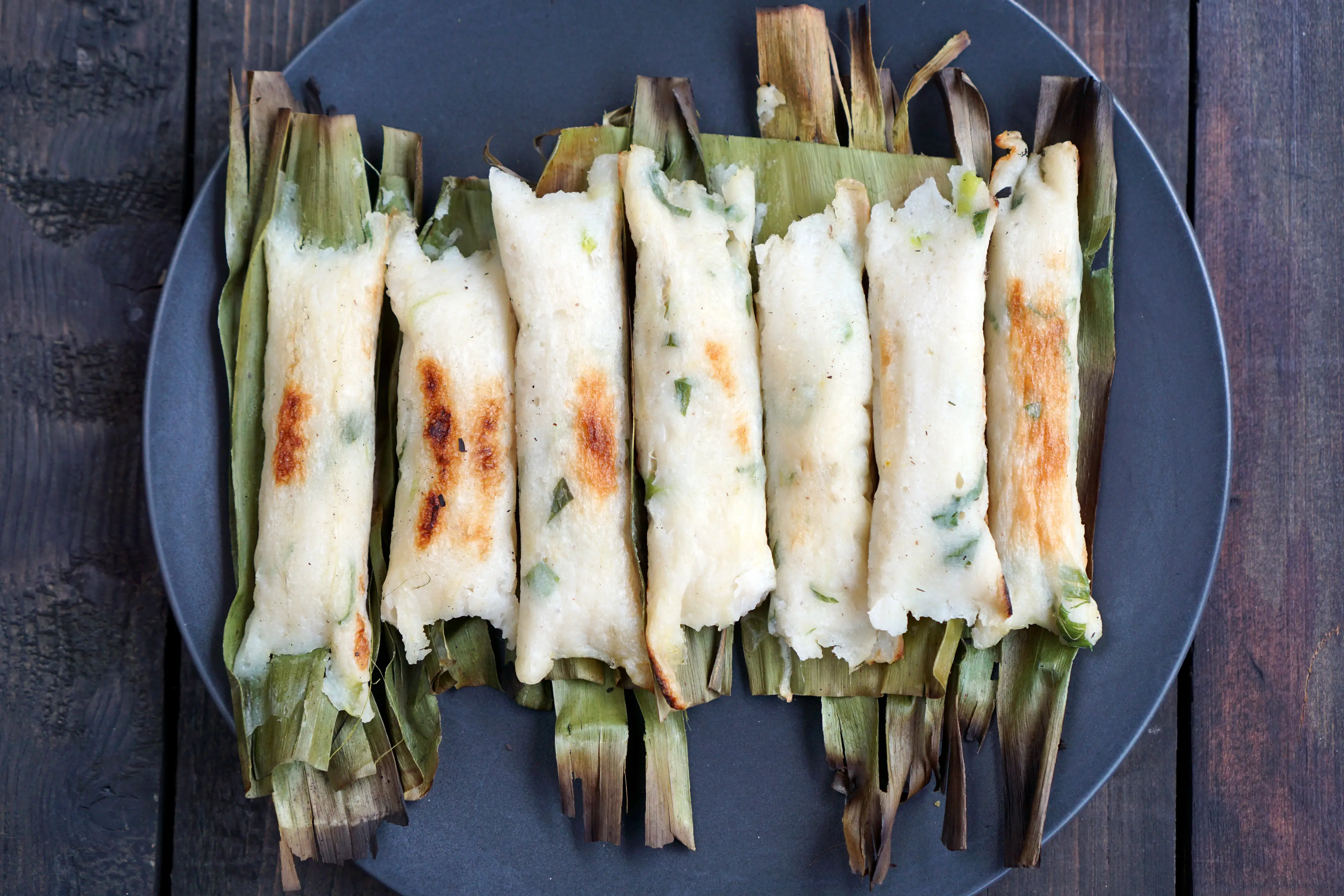
Otak-Otak
A grilled fish cake made of ground fish meat mixed with tapioca starch and spices. It is widely known across Southeast Asia, where it is traditionally served fresh, wrapped inside a banana leaf.
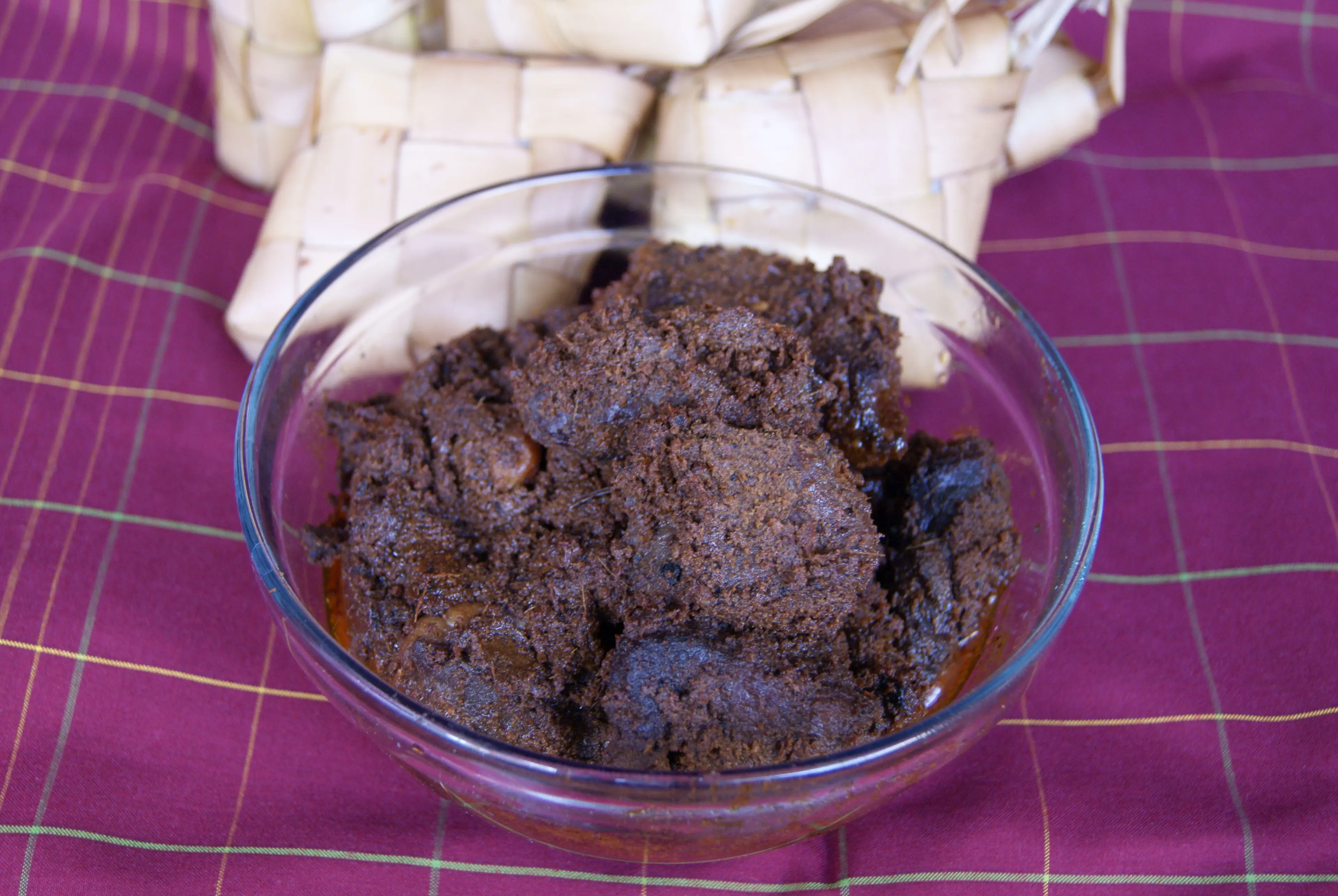
Rendang
A spicy meat dish which originated from the Minangkabau ethnic group of Indonesia, and is now commonly served across Malaysia. It is traditionally prepared by slow cooking meat in coconut milk and spices until it becomes tender.
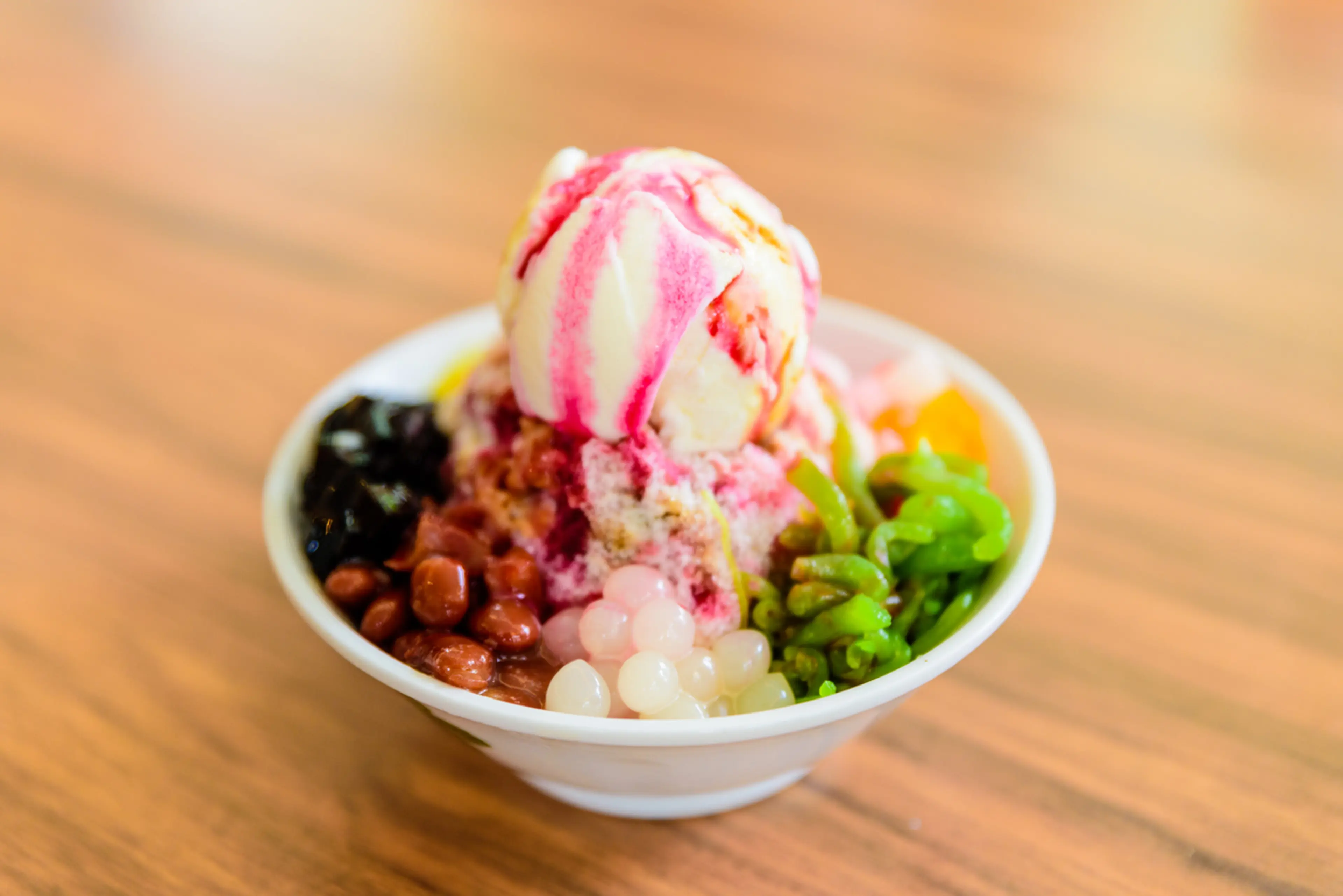
Ais Kacang
A colorful Malaysian dessert made of shaved ice, red beans, sweet corn, grass jelly and cubes of agar agar as the base, then topped with evaporated milk, palm sugar syrup, and bright red rose syrup.
Best time to visit
The best time to visit Kuala Lumpur, Malaysia is from May to July or December to February. These periods are considered the dry season when rainfall is relatively less frequent, making it ideal for sightseeing and outdoor activities. The city's tropical climate means it's warm all year round, but these months offer the most comfortable conditions for exploring. However, it's worth noting that even during these months, short tropical showers are common in the afternoon, but they rarely last long.
How to get around
Light Rail Transit (LRT)
Kuala Lumpur's LRT system is a reliable and convenient way to navigate the city. It consists of three lines: the Kelana Jaya Line, the Ampang Line, and the Sri Petaling Line. The LRT operates from 6am to midnight.
Monorail
The KL Monorail is a great way to get around the city, especially for sightseeing. It runs through key districts and popular tourist spots, including Bukit Bintang, Chinatown, and KL Sentral.
KTM Komuter
This commuter train service connects Kuala Lumpur with the surrounding suburban areas and is a good option for reaching destinations outside the city center.
Bus
Buses in Kuala Lumpur are plentiful and cover extensive routes throughout the city and its outskirts. The RapidKL buses are the main operators, and there are also free Go KL City buses that cover popular tourist routes.
Taxi
Taxis are widely available in Kuala Lumpur. They can be hailed on the street, booked by phone, or through a mobile app. Always ensure the meter is running to avoid overcharging.
Ridesharing
Ridesharing services like Grab are popular in Kuala Lumpur. They offer a convenient and often cheaper alternative to taxis. You can book a ride using the app, which also provides an estimated fare.
Bicycle
Kuala Lumpur has a bike sharing system called oBike. It's a healthy and eco-friendly way to get around, especially in the city center where the traffic can be heavy.
Car Rental
Renting a car can be a good option if you're comfortable driving in Kuala Lumpur's busy traffic. Most international car rental companies have branches in the city.
Walk
Walking can be a pleasant way to explore Kuala Lumpur, especially in areas like the Golden Triangle where attractions are close together. However, be aware that pedestrian infrastructure may be lacking in some areas.
Important information
CurrencyRM MYR
Time zoneUTC+8
Driving sideLeft
Emergency phoneAmbulance: 999; Fire: 994; Police: 999
Drinking waterOpt for bottled water
Power sockets
Voltage240 V
Things to know about Kuala Lumpur, Malaysia as a first time visitor
1
Kuala Lumpur is the capital city of Malaysia and is a bustling metropolis with a diverse population.
2
The official language is Bahasa Malaysia, but English is widely spoken and understood.
3
The currency used is the Malaysian Ringgit (MYR). Credit cards are widely accepted, but it's also useful to carry some cash for smaller establishments or street food.
4
Kuala Lumpur is located in a tropical rainforest climate, which means it's hot and humid throughout the year. The average temperature ranges from 77°F to 95°F (25°C to 35°C).
5
Rainfall is common throughout the year, but the wettest periods are usually between March to April and September to November. It's advisable to carry an umbrella or raincoat.
6
Tipping is not customary in Malaysia. However, some high-end restaurants and hotels may include a 10% service charge in the bill.
7
Kuala Lumpur is generally safe for tourists, but like any major city, it's advisable to be aware of your surroundings and keep an eye on your belongings.
8
Public transportation in Kuala Lumpur is reliable and includes the Light Rail Transit (LRT), monorail, commuter trains, and buses. Taxis and ride-hailing services like Grab are also available.
9
The city is known for its street food, which reflects the multicultural makeup of the country. Don't miss trying local dishes like Nasi Lemak, Char Kuey Teow, and Satay.
10
Malaysia is a predominantly Muslim country, so it's important to dress modestly, especially when visiting religious sites.
11
The standard voltage in Malaysia is 240V and the frequency is 50Hz. The power plugs and sockets are of type G (British three-pin rectangular blade plug).
12
Tap water in Kuala Lumpur is generally safe to drink, but most locals and tourists prefer to drink bottled water.
13
The country's healthcare system is well-developed, with numerous public and private hospitals and clinics in Kuala Lumpur. Pharmacies are also widely available.
14
Internet access is widely available in Kuala Lumpur, with many hotels, restaurants, and cafes offering free Wi-Fi. Prepaid SIM cards for mobile data are also easily available.
15
Shopping is a popular activity in Kuala Lumpur, with a range of options from high-end malls to street markets. Bargaining is common in markets.
16
Kuala Lumpur is in the Malaysia Standard Time zone, which is 8 hours ahead of Greenwich Mean Time (GMT +8).
17
The city is known for its nightlife, with a range of options from rooftop bars to night markets. However, it's advisable to check the local laws and customs regarding alcohol consumption.
18
Smoking is banned in many public areas in Kuala Lumpur, including restaurants, bus stops, and open-air eateries.
19
Kuala Lumpur is a multicultural city, with Malay, Chinese, and Indian communities. Respect for local customs and traditions is appreciated.
20
The emergency numbers in Malaysia are 999 for general emergencies and 112 from mobile phones.
Basic Malay to know as a first time visitor
English phrase | Native phrase | Pronunciation | When to use it |
|---|---|---|---|
Hello | Hai | Hi | Greeting someone |
Goodbye | Selamat tinggal | Se-la-mat tin-gal | Leaving someone |
Please | Sila | See-la | Making a request |
Thank you | Terima kasih | Teh-ri-ma ka-sih | Expressing gratitude |
You're welcome | Sama-sama | Sa-ma sa-ma | Responding to 'Thank you' |
Excuse me | Maaf | Ma-af | Getting someone's attention |
Yes | Ya | Ya | Affirming |
No | Tidak | Ti-dak | Negating |
I don't understand | Saya tidak faham | Sa-ya ti-dak fa-ham | When you don't understand something |
Do you speak English? | Bolehkah anda bercakap bahasa Inggeris? | Bo-leh-kah an-da ber-cha-kap ba-ha-sa Ing-ge-ris | Asking if someone speaks English |
I'm sorry | Maaf | Ma-af | Apologizing |
Where is the bathroom? | Di mana tandas? | Di ma-na tan-das | Asking for the bathroom |
How much does this cost? | Berapa harga ini? | Be-ra-pa har-ga i-ni | Asking for the price of something |
I need help | Saya perlukan bantuan | Sa-ya per-lu-kan ban-tu-an | When you need help |
Can I have the menu, please? | Boleh saya lihat menu, sila? | Bo-leh sa-ya li-hat me-nu, see-la | Asking for the menu in a restaurant |
Water | Air | Ai-r | Asking for water |
Food | Makanan | Ma-ka-nan | Talking about food |
Taxi | Teksi | Tek-si | Asking for a taxi |
Hotel | Hotel | Ho-tel | Talking about a hotel |
Airport | Lapangan terbang | La-pan-gan ter-bang | Talking about the airport |
Packing List
Clothing
Lightweight clothing
Underwear
Socks
Swimwear
Comfortable walking shoes
Flip flops
Light jacket or sweater
Raincoat or umbrella
Toiletries
Travel-sized shampoo and conditioner
Body wash
Toothbrush and toothpaste
Deodorant
Razor and shaving cream
Makeup and makeup remover
Sunscreen
Insect repellent
Prescription medications
First aid kit
Travel documents and essentials
Passport
Driver's license or ID card
Credit and debit cards
Cash and coins
Travel insurance documents
Hotel and tour reservation confirmations
Emergency contacts and addresses
Electronics and gadgets
Smartphone
Charger and power bank
Headphones
Camera
Memory cards
Travel adapter
Miscellaneous items
Snacks
Bottled water
Travel pillow and blanket
Books or e-reader
Travel guide and map
Reusable shopping bag
Sunglasses
Hat
Weather Conditions
Kuala Lumpur, the capital city of Malaysia, is located near the equator and has a tropical rainforest climate which is warm and sunny, along with abundant rainfall, especially during the northeast monsoon season from October to March. The city experiences high humidity throughout the year, often exceeding 80%. The average temperature ranges from 77°F to 95°F (25°C to 35°C). It's important to stay hydrated and wear breathable clothing to stay comfortable. Rainfall is a common occurrence in Kuala Lumpur, even outside of the monsoon season. It's advisable to always carry an umbrella or a raincoat. The rain showers are usually heavy but short, so don't let this deter you from exploring the city. Despite the frequent rain, Kuala Lumpur gets plenty of sunshine, with an average of about 6 hours of bright sunshine per day. Sunscreen is a must to protect your skin from the strong UV rays. The city's indoor and public transportation are well air-conditioned. A light jacket might come in handy when you're indoors or traveling on public transport. In conclusion, when visiting Kuala Lumpur, prepare for warm, humid weather with a chance of rain. Pack light, breathable clothing, a good sunscreen, an umbrella or raincoat, and a light jacket for cooler indoor environments.
| Month | Hi / Lo (°C) | Weather Overview |
|---|---|---|
January | 33° / 23° | January is the start of the year and is usually quite wet with frequent rain showers. Despite the rain, temperatures remain high, averaging between 23°C and 33°C. |
February | 33° / 23° | February sees a slight decrease in rainfall but remains relatively wet. The temperature is similar to January, with averages between 23°C and 33°C. |
March | 34° / 24° | March is the start of the dry season, with less rainfall and slightly higher temperatures, ranging from 24°C to 34°C. It's a great time to explore outdoor attractions. |
April | 34° / 24° | April continues the dry season with similar temperatures to March, ranging from 24°C to 34°C. It's one of the best months to visit Kuala Lumpur. |
May | 34° / 24° | May sees a slight increase in rainfall but remains relatively dry. The temperature is consistent, with averages between 24°C and 34°C. |
June | 34° / 24° | June is the start of the wet season, with increased rainfall but temperatures remain high, averaging between 24°C and 34°C. It's a good time for indoor activities. |
July | 34° / 24° | July is one of the wettest months of the year, with frequent rain showers. Despite the rain, temperatures remain high, averaging between 24°C and 34°C. |
August | 34° / 24° | August continues the wet season with high rainfall and temperatures ranging from 24°C to 34°C. It's a good time to visit indoor attractions. |
September | 34° / 24° | September sees a slight decrease in rainfall but remains relatively wet. The temperature is consistent, with averages between 24°C and 34°C. |
October | 34° / 24° | October is the start of the dry season, with less rainfall and temperatures ranging from 24°C to 34°C. It's a great time to explore outdoor attractions. |
November | 34° / 24° | November continues the dry season with similar temperatures to October, ranging from 24°C to 34°C. It's one of the best months to visit Kuala Lumpur. |
December | 33° / 24° | December sees a slight increase in rainfall but remains relatively dry. The temperature is slightly lower, with averages between 24°C and 33°C. |
Did you know?
Places near by Kuala Lumpur, Malaysia
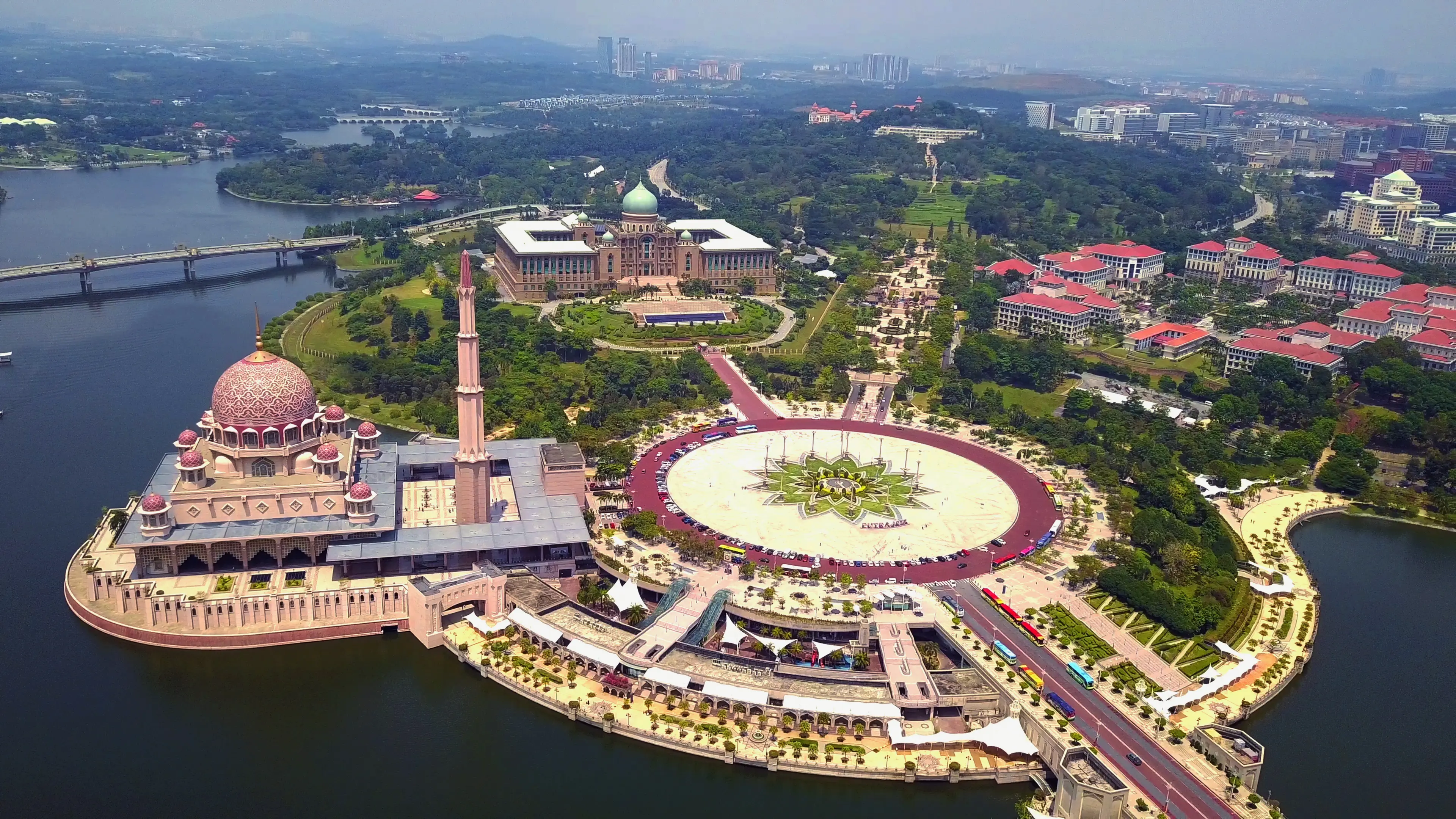
Putrajaya
The federal administrative centre of Malaysia, known for its late-20th-century architecture including the Putra Mosque, made from rose-colored granite.
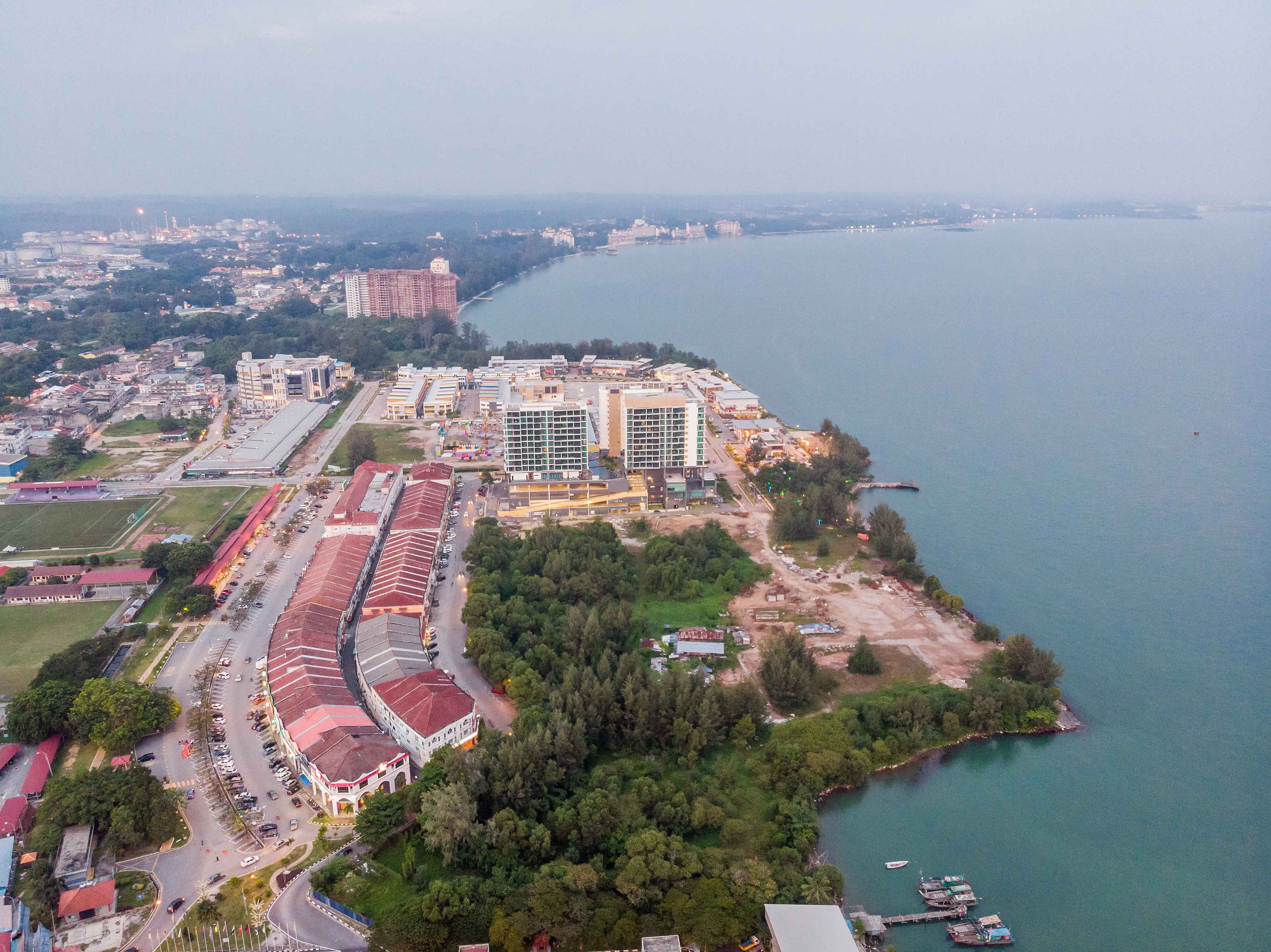
Port Dickson
A popular beach destination with a 18 km stretch of beaches, historical sites and nature parks.
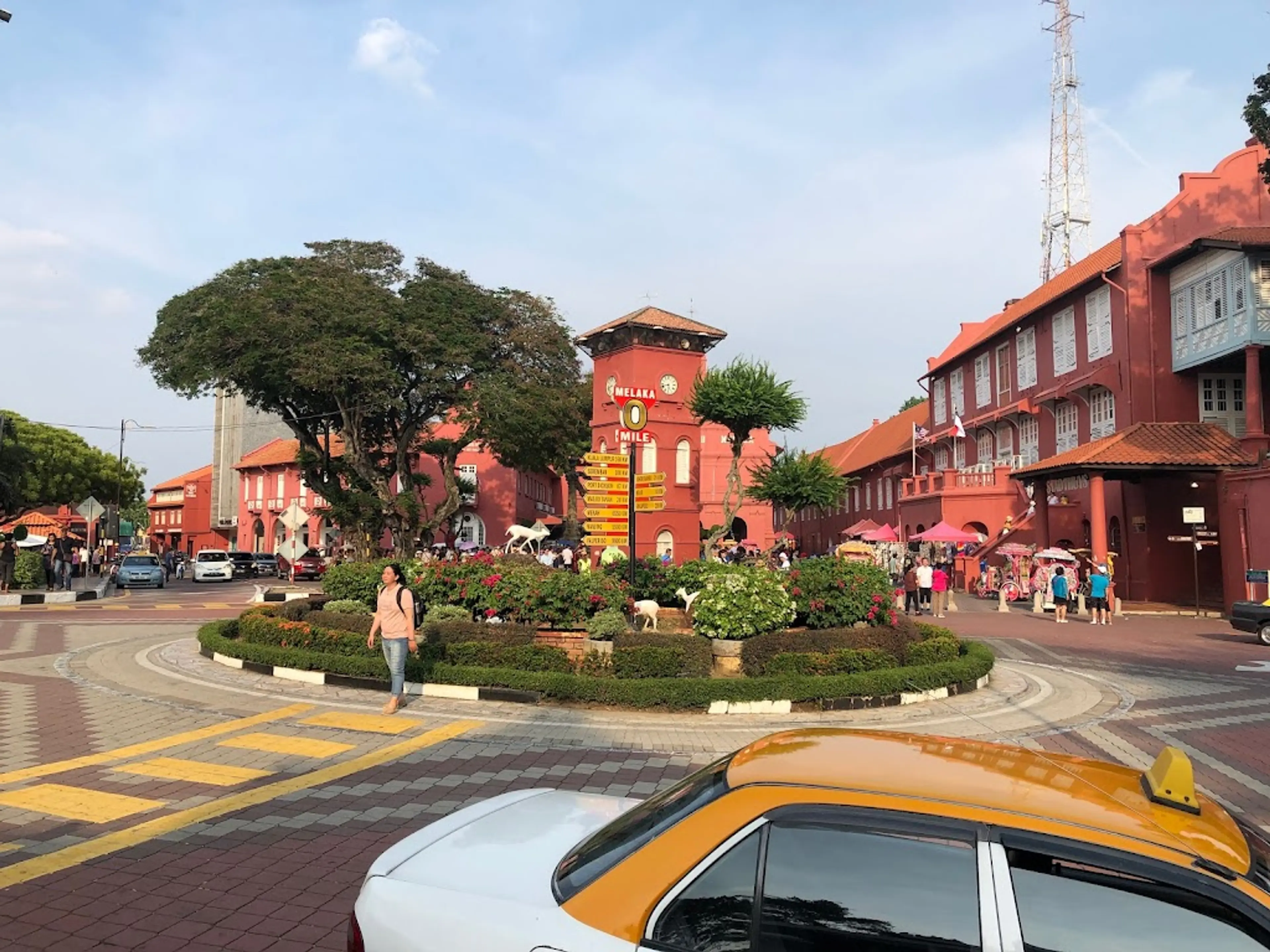
Melaka
A historical city with rich heritage, ancient landmarks and colonial structures.
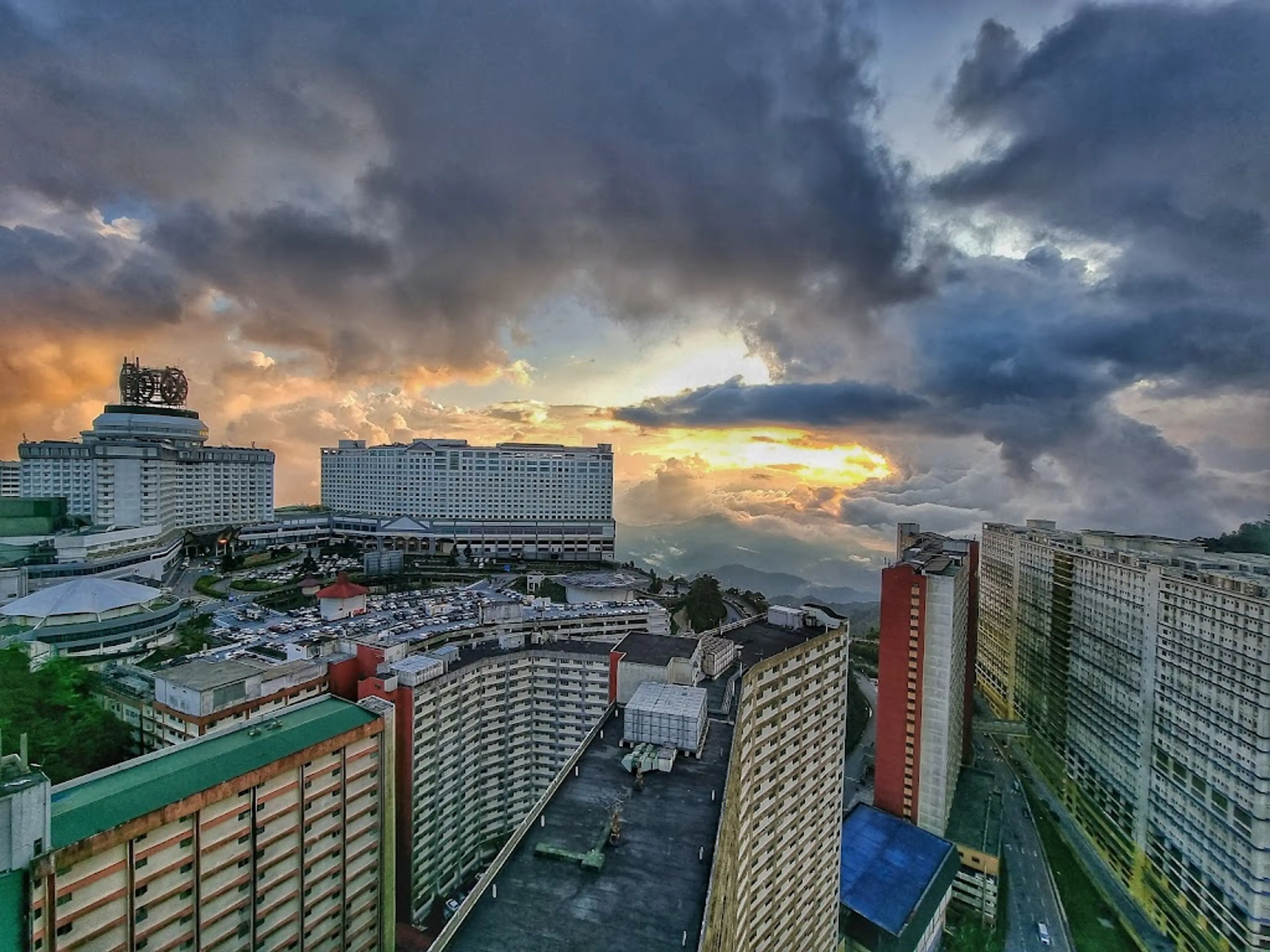
Genting Highlands
A high-altitude hill resort with a cool climate, theme parks, casinos, and concerts.
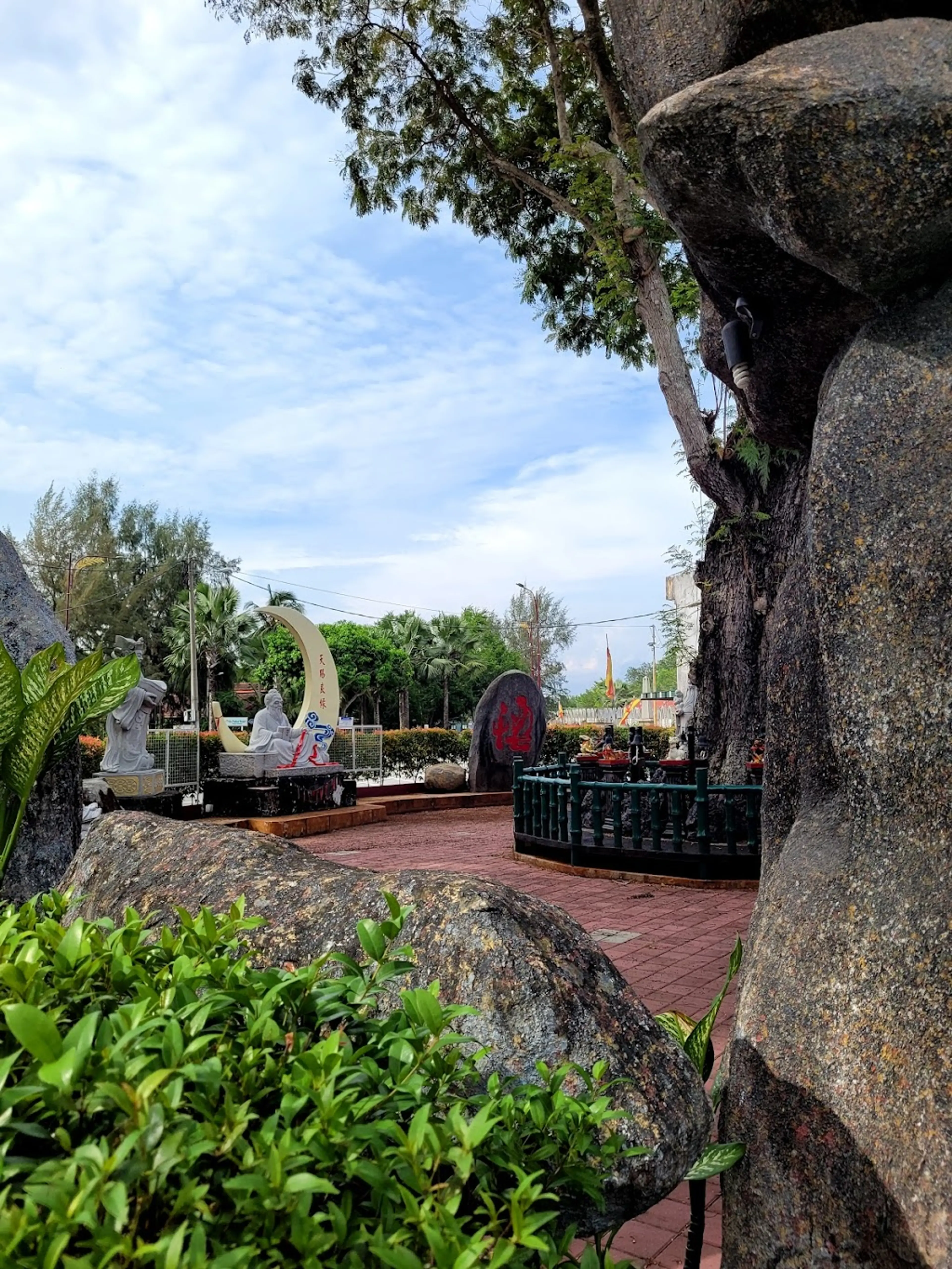
Kuala Selangor
Known for its firefly colonies, seafood, and historic buildings.
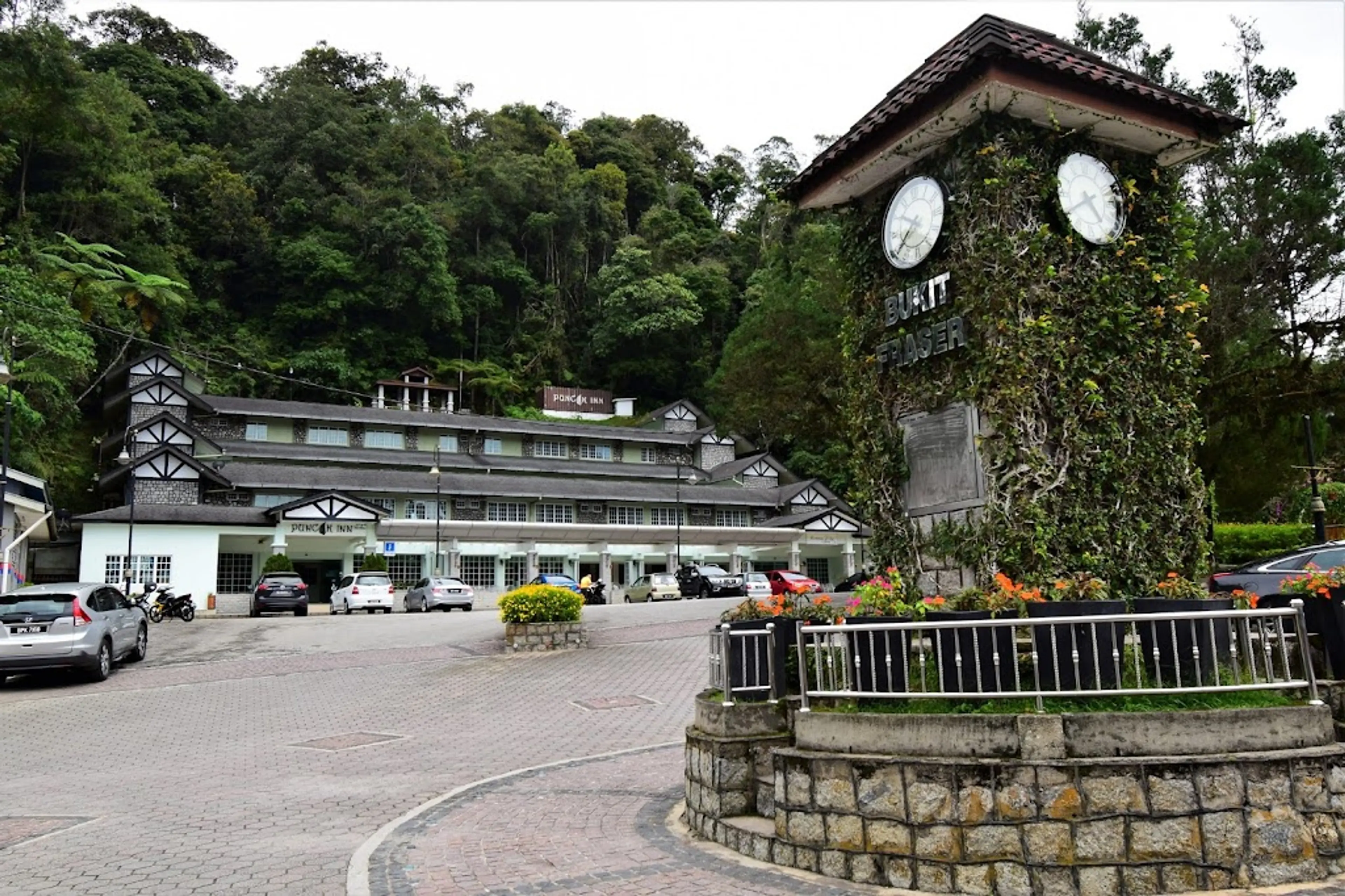
Fraser's Hill
A colonial-era hill station with a reputation for bird-watching.
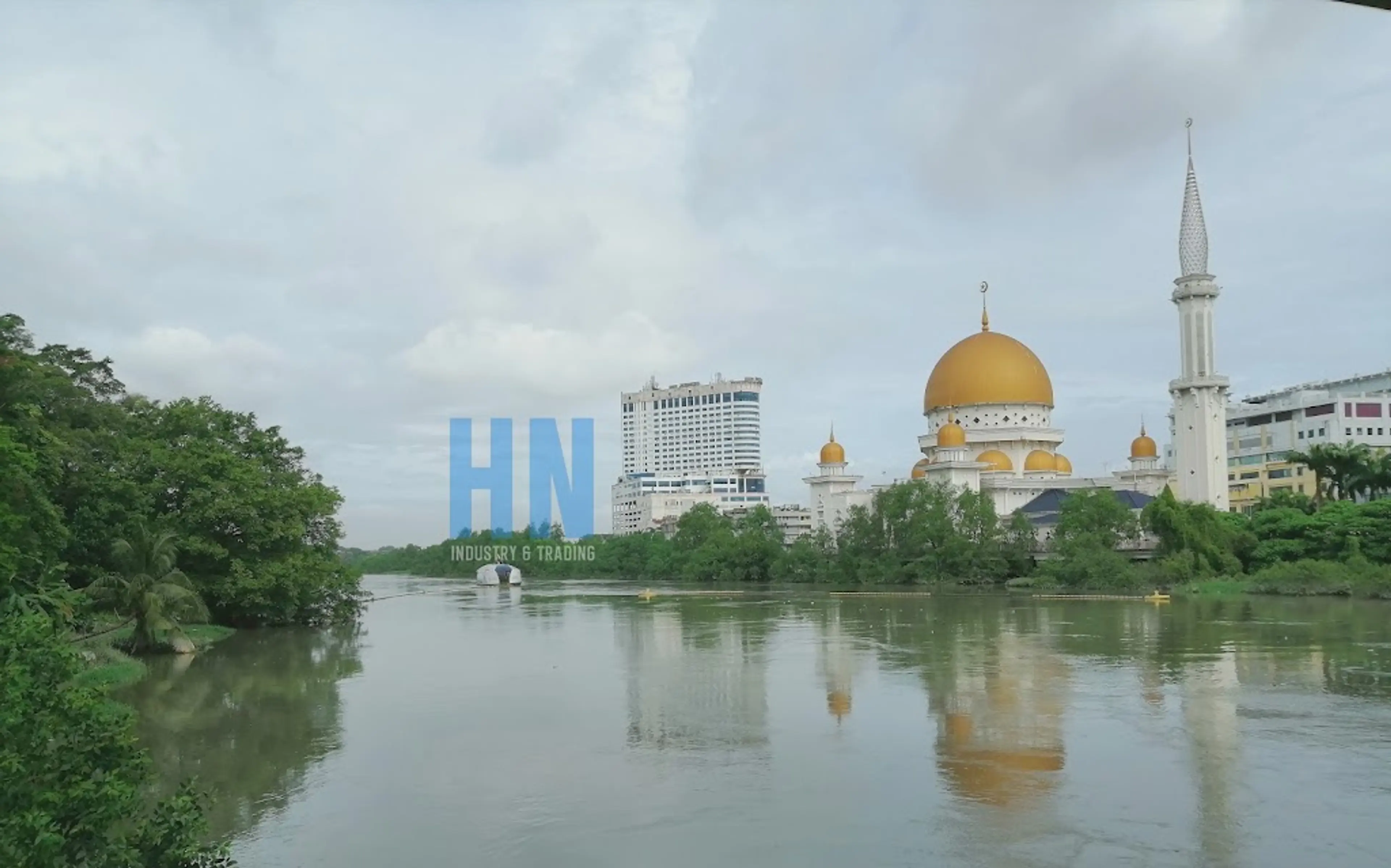
Klang
The royal city of Selangor, known for its seafood like crab, and traditional Indian Muslim food.
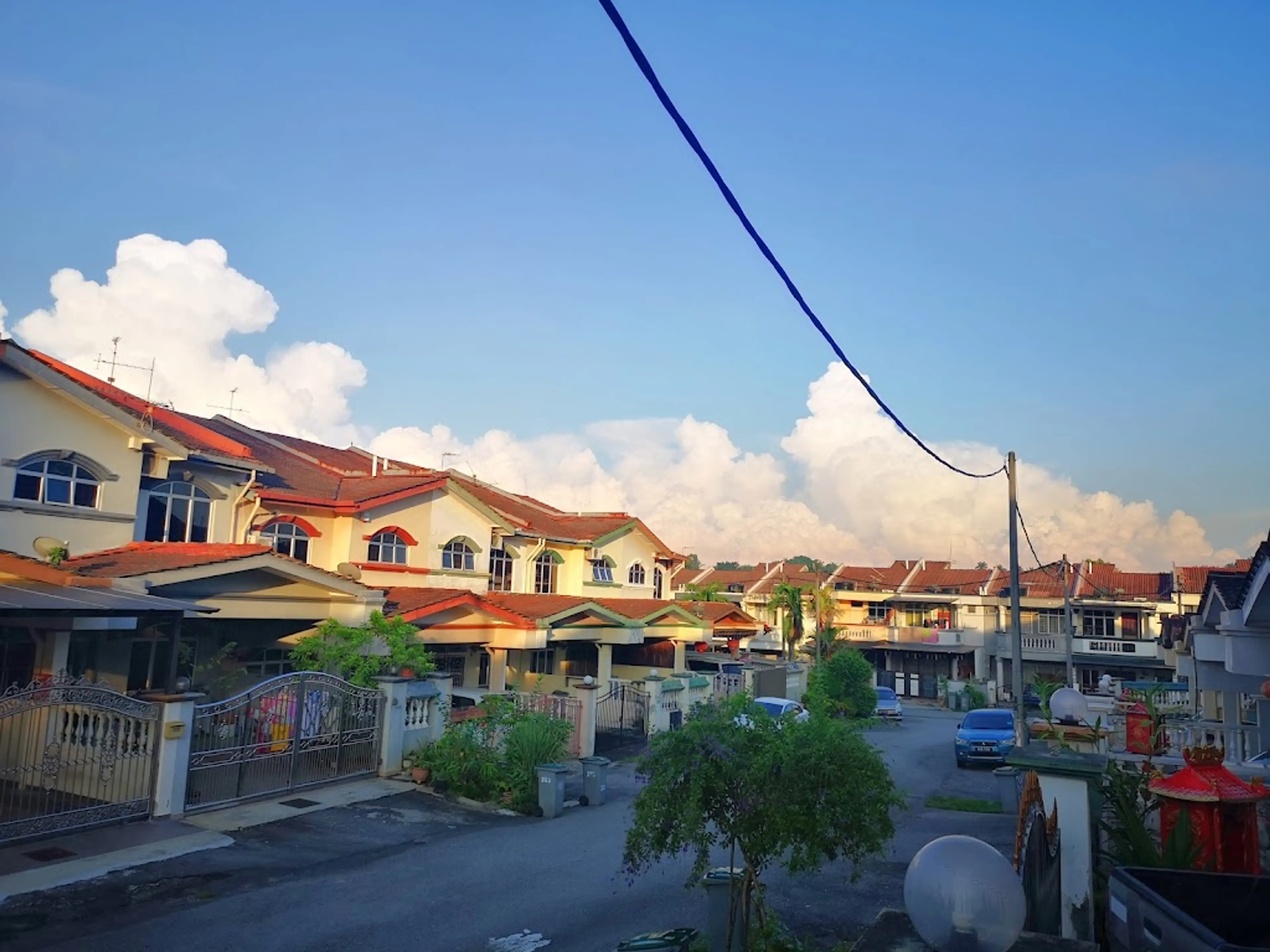
Seremban
A city known for its local cuisines, historical Minangkabau architecture and the Seremban Lake Garden.
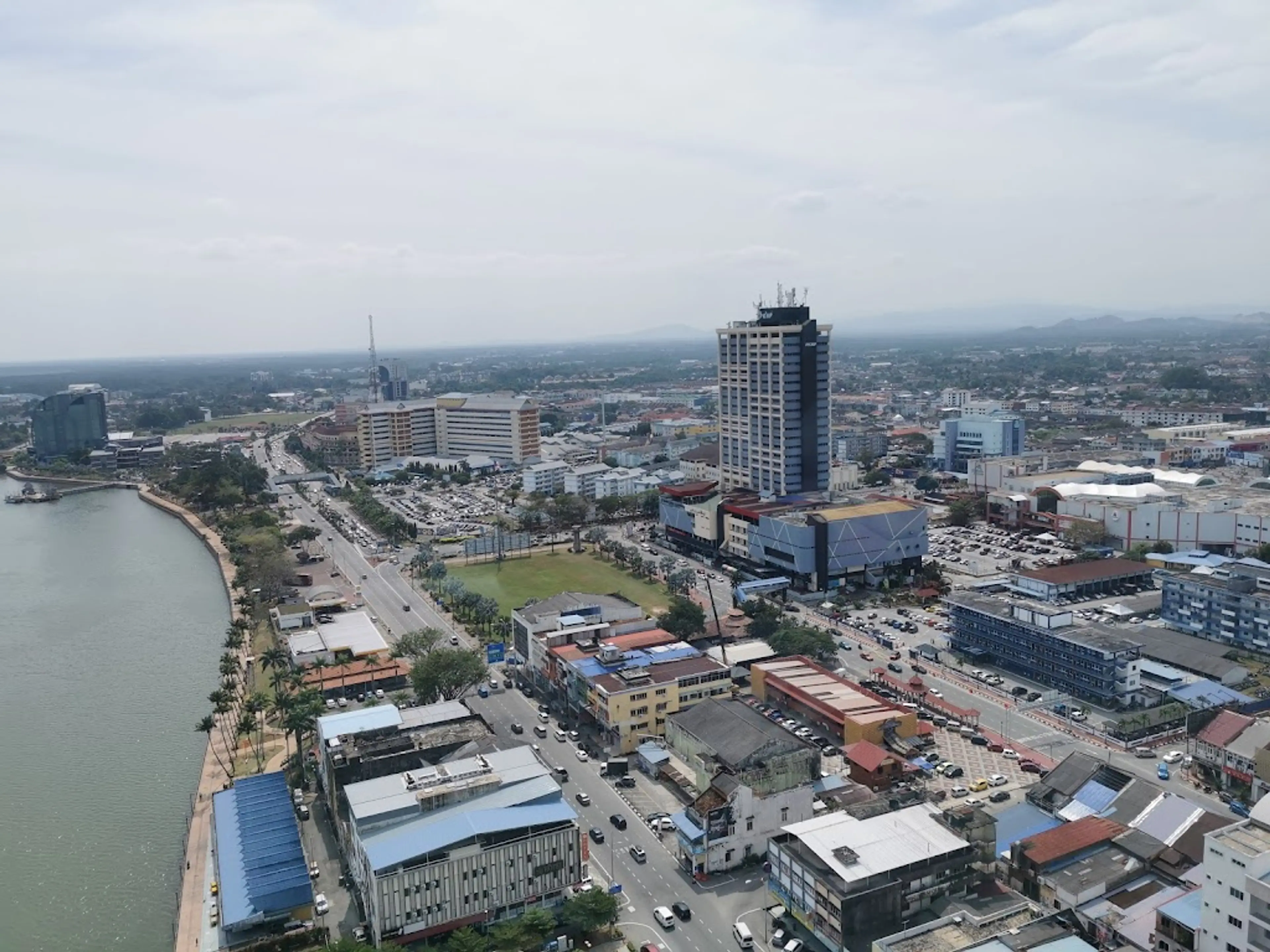
Kuantan
The state capital of Pahang, known for its local delicacies, beautiful beaches and rainforests.

Taiping
A charming old tin-mining town, known for its well-preserved colonial architecture, its beautiful lake gardens and its zoo and night safari.